But what happens in the padel Belgian? While this country is one of those where the explosion of padel is the strongest, the word “explosion” is almost to be taken literally, that of “deflagration”. The flat country has known for two years a real open war between two competing French-speaking federations.
Before that, de was first the case in the Dutch-speaking part of Flanders, where the tennis federation and that of padel competed for control of the second: and it was finally tennis that won and now presides over the destiny of the padel.
But after the north, it is now in the south, in the French-speaking part, that the fight is raging. Here too, the historical federation of padel, born in the 1990s, had to endure the onslaught of the tennis federation, which was more powerful, more organized and sometimes more supported by political and administrative power.
Battlefield
What is at stake in this quarrel is in particular to grant each other subsidies (the Belgian word for “subsidies”), the affiliation of clubs and players, the organization of competitions and training as well as the management of the padel high level. At the end of 2022, all eyes are on a new battlefield, more political than sporting: at the end of November, the Ministry of Sports and its offshoot, ADEPS (Administration of physical education of sport) must decide between the two competing federations.
A Padel Magazine, we are of course neutral and – very fortunately – we did not need either a white flag or a blue helmet to question two actors in the conflict, one from each side. On one side of the ring we have Philippe Cerfont, Treasurer of theAFP, French-speaking federation of padel, who also chairs the European Federation of padel (FEPA). In the other corner, we find Clément Geens, former 245th world tennis player and sports director of theAFT Padel, a federation combining tennis and padel.
We first gave the floor to the AFP representative, before allowing the AFT representative to respond (see boxes).
The history
The Belgian federationPadel Belgium” was created in 1992 to manage a sport that was confidential at the time. It then had only a few rare fields and practitioners.
"The padel was managed nationally until around 2015, Explain Philippe Cerfont. This is when the Flemish side was created, which was cannibalized by the tennis federation. There were a whole series of lawsuits that ultimately came to nothing, but tennis won the war in Flanders.”
In Flanders, the padel has since been managed by “Tennis Vlaanderen”, the tennis federation. The discipline is developing very quickly and successfully, thanks in particular to the dynamism of the private clubs.
2017: a marriage of convenience
On the French-speaking side, in the Wallonia-Brussels federation, the political power has pushed the federation of padel to join the tennis federation. Philippe Cerfont recounts this marriage of convenience: “In 2017, our federation of padel has signed a collaboration agreement with the tennis federation, with the aim of having access to subsidies from regionalized sport. For us, it is the Wallonia-Brussels federation that grants operating subsidies. At the time, we had about 700 licensees and we have ten times more today.
“We were very happy at the time, because we were able to professionalize, hire employees to take care of the sports organization, tournaments, regulations, invoicing or subsidy files”. But, regret Philippe Cerfont, “we realized in retrospect that tennis has always had the desire to capture our technical and sporting expertise, so as to, at some point, completely monopolize the management of the padel".
2020: the rag is burning
“The first big problem we had concerned a grant from the Ministry of Sports during the Covid crisis, which had to be redistributed to the clubs. And although the padel represented more than 10% of licensees at the time (tennis and padel combined), we were granted less than 3% of the envelope intended for the clubs. The granting rules were defined unilaterally, without consulting us. It was in complete disagreement with the convention that bound us”, regrets Philippe Cerfont.
2021: the year of divorce
In 2021, things are getting worse between AFT and AFP. “They started setting up a side project called AFT Padel, partly financed by income from the padel, says Mr. Cerfont. And in March 2021, they told us they wanted to stop the collaboration from November 2021. The general sports administration and the ministry convinced us to sign a kind of non-aggression pact with tennis to find a new modus vivendi ”.
The AFP treasurer also mentions a “routine general meeting” in June 2021, during which “18 tennis clubs carried out an ambush” and succeeded in passing a motion asking that the padel in the Wallonia-Brussels federation is managed exclusively by the tennis federation (AFT padel). “It absolutely did not reflect reality, believes Philippe Cerfont. Of the roughly 90 clubs in the Wallonia-Brussels federation, there are around 70 that are pro-AF padel, our independent federation."
November 2021: the ball attributed to tennis
In November 2021, ADEPS recognized, for a period of one year, AFT Padel as a federation in charge of padel in French-speaking Belgium. A non-definitive recognition, linked, according to the treasurer of AFP, “the fact that they had blocked us during our GA. So we had to reorganize, change our statutes and fight for months to seek this recognition again.”
Not having the recognition of the ministry did not prevent AFP from continuing its activities with clubs and players who do not want to hear about a federation linked to tennis. The AFP therefore has its clubs, its licensees, its tournaments, which it claims are attract many more players than those of AFT.
Autumn 2022: the cards reshuffled?
The recognition of the AFT by the sporting authorities expiring at the end of the year, the two federations filed files last August in which each considers that it is more legitimate than the other to take care of the padel. In a little over a month, it is the Minister of Sports who will decide between the two federations, after having taken the opinion of the higher sports council.
Philippe Cerfont: “Tennis must listen to reason”
The treasurer of the federation 100% padel actively campaigns for the dissociation of the management of tennis and that of padel.
■ A big mess.- “The stake of all this is only financial, it is clear. Tennis has absolutely no interest other than financial in this matter and it proves it through its lack of enthusiasm to manage competitions. The players of padel do not at all want to play the competitions organized by tennis. Their tournaments are deserted, their interclubs are deserted… We have been organizing all this for years. Tennis wanted to do the same thing, arriving with resources, developing a new computer system, hiring our former technical director and recruiting Clément Geens as sports director. They divided the community padel mind-blowingly. This is why we have two competing federations in French-speaking Belgium, for a population of 4 to 5 million people. It's a big mess.”
■ How many licensees? “By means of propaganda and lies, the AFT went so far as to assert that it had 85 licensees, counting both tennis licensees and those of padel. This would make it the largest federation of padel of Europe, when in reality they have between 2000 and 2500 licensees padel [Editor's note: the AFT claims 6000 licensed competitors, in addition to recreational players from padel], No more. We at AFP have three or four times as many licensees!”
■ Who pilots? “It is not enough to say that we were there before, but above all that the expertise, the passion are on our side, as well as the support of the clubs, which have understood that in the tennis federation / padel, tennis drives the padel. It is the 330 or 350 tennis clubs that decide the future of the padel, because the padel, having fewer clubs, is drowned in the mass of tennis clubs.”
■ Pacification.- “If we get the recognition at the end of November, it is hoped that tennis will listen to reason and focus on its core business, the development of tennis, and recognize that the padel is another sport. And we will commit to do everything to make sure everything goes as well as possible for the clubs and the player community. It is a message of pacification and unity that we want to pass on.”
Philippe Cerfont, treasurer of AFP
Clément Geens: “AFT wants to both develop tennis and padel"
The sports director of the AFT refutes the accusations of the AFP and its treasurer, according to whom the AFT Padel would be a brake on the development of this sport in French-speaking Belgium. Here are his arguments.
■ Funding and economies of scale.- "The padel developed very quickly and did not really have any "funds" at the start, so linking up with the tennis federation made it possible to have funds and to pool certain costs, allowing savings to be made. 'ladder. It ultimately allows more money to be invested in the sport itself.”
■ The example of Flanders.- “The advantage of AFT Padel, is that we work with the Dutch-speaking part of the country, because in Flanders, it is also the tennis federation that manages the padel. And over there, things are going very, very well: they have 4 to 5 times more affiliates, four times more pitches, three to four times more clubs. In the north of the country, it developed very quickly thanks to the tennis federation. France, the Netherlands and Italy have the same management model. We also have excellent relations with these federations. The International Federation of padel recognizes the Belgian federation whose AFT Padel is a part, unlike AFP.”
■ In numbers.- “96 clubs of padel are affiliated with AFT, including about fifteen “padel only”, with 265 sites in the Federation of Wallonia-Brussels. This represents a little over 6000 affiliates for the competition, but also four times as many affiliates who practice padel leisure, that the AFT Padel considers fundamental for the development of this sport. Some of these clubs collaborate with the AFP or with the two federations and all the clubs are very dynamic, whatever the choice made.
■ The governance.- “At AFT, we have created a management committee bringing together people who all come from football clubs only. padel or mixed clubs. These are the people who are in charge of padel, they have decision-making power and have significant means at their disposal to manage and develop the padel. The AFT's mission is to ensure that tennis and padel grow and it doesn't matter which one thrives the most. AFT wins either way. And it is not the tennis leaders who decide the fate of the padel, which would be a problem.”
■ The budget.- “The subsidies granted to each sport are distributed according to the number of licensees and members of each discipline. If there are more and more licenses padel, there will be an increasingly large budget for the padel. "
Clément Geens, sporting director ofAFT Padel
After 40 years of tennis, Jérôme falls into the pot of padel in 2018. Since then, he thinks about it every morning while shaving… but never shaves pala in hand! Journalist in Alsace, he has no other ambition than to share his passion with you, whether you speak French, Italian, Spanish or English.




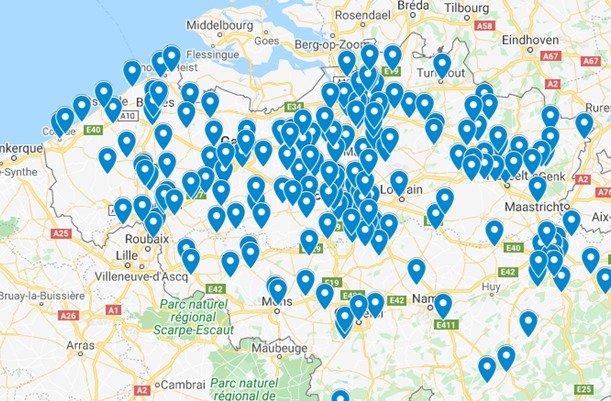


















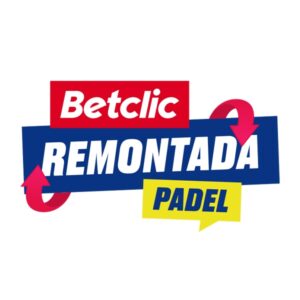






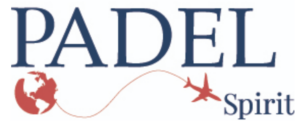
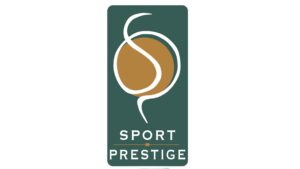
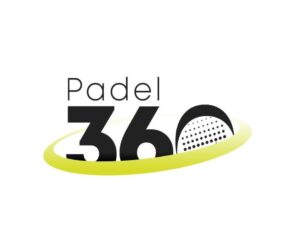
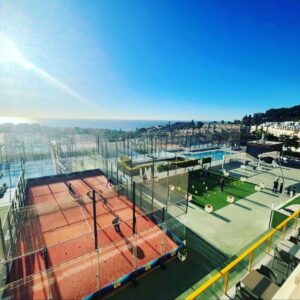
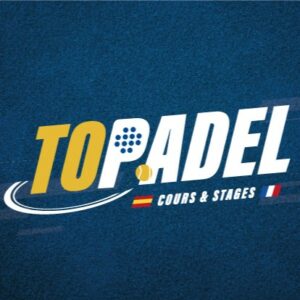



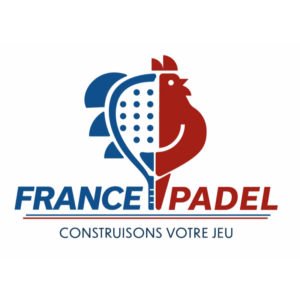




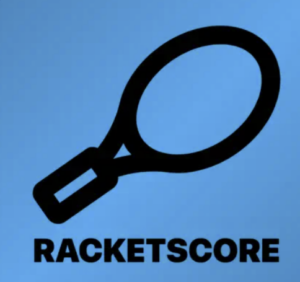
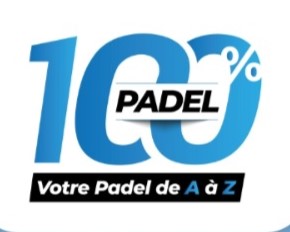
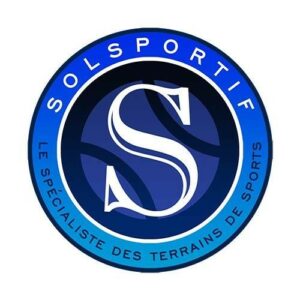

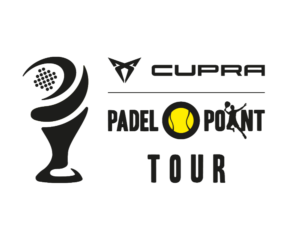

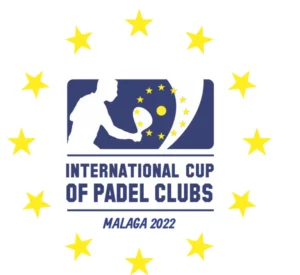




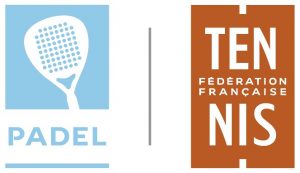


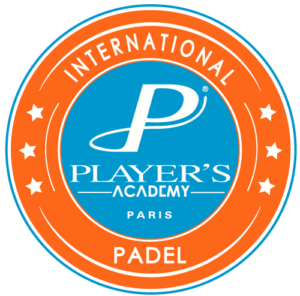
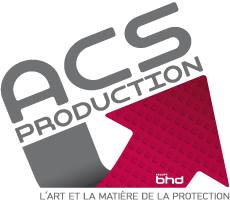
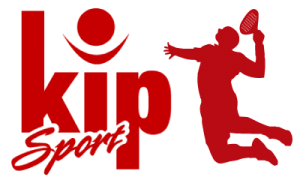

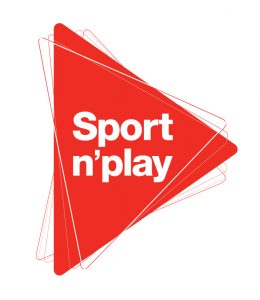

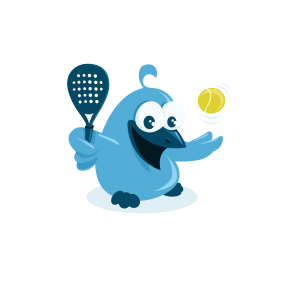




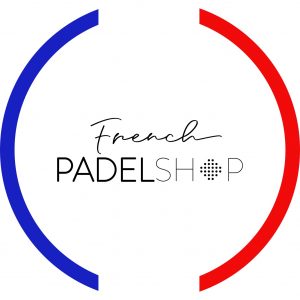
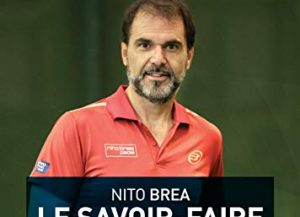
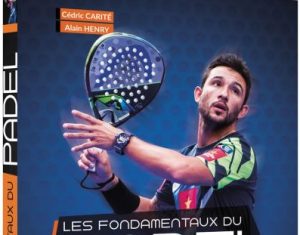


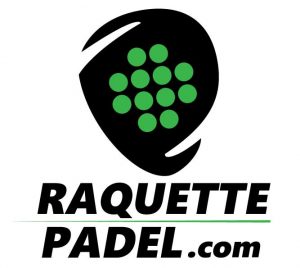
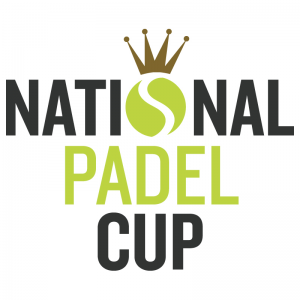
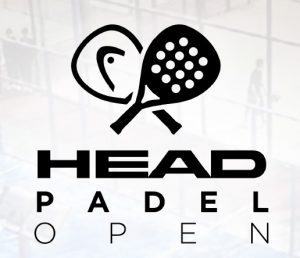





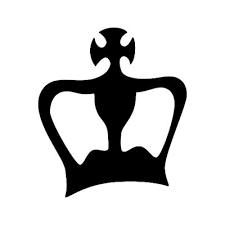


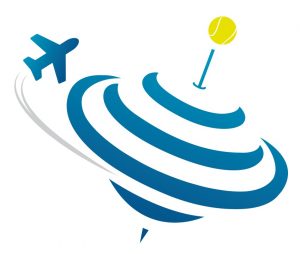
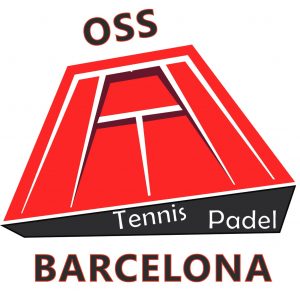
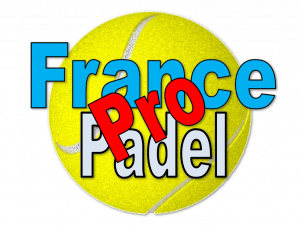


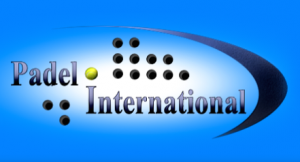

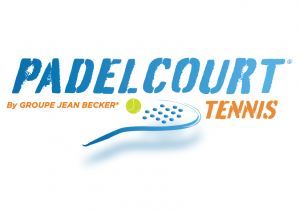

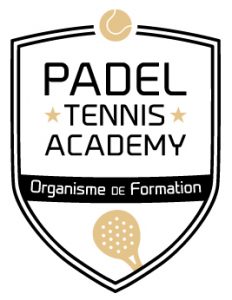
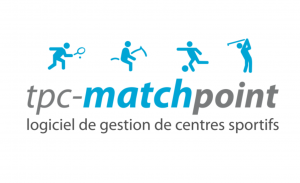

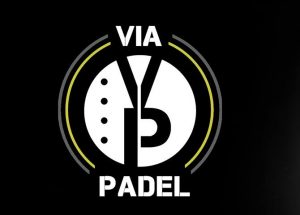




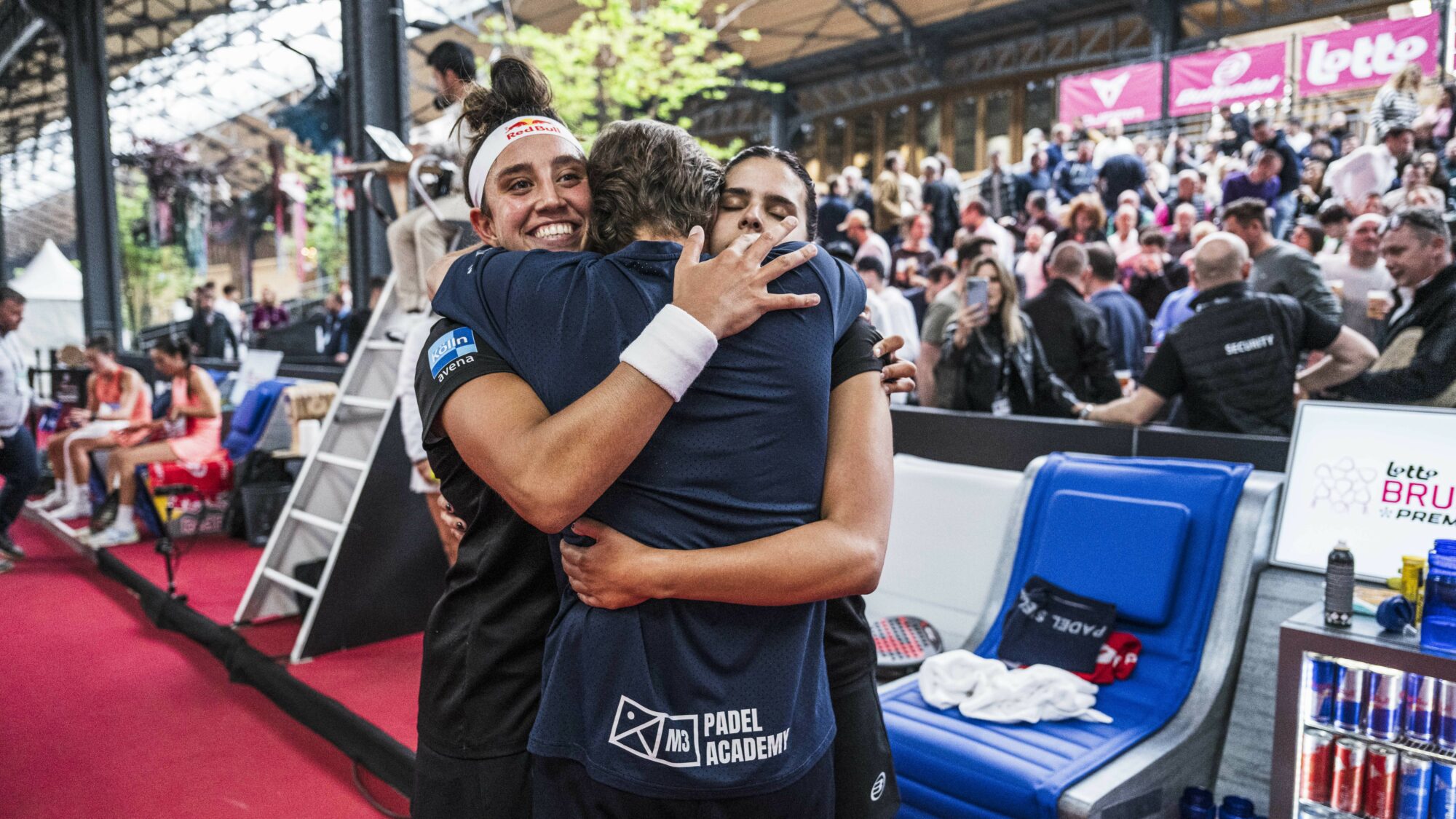 Premier Padel Brussels P2 – Brea/Gonzalez wins the arm wrestling against Salazar/Icardo
Premier Padel Brussels P2 – Brea/Gonzalez wins the arm wrestling against Salazar/Icardo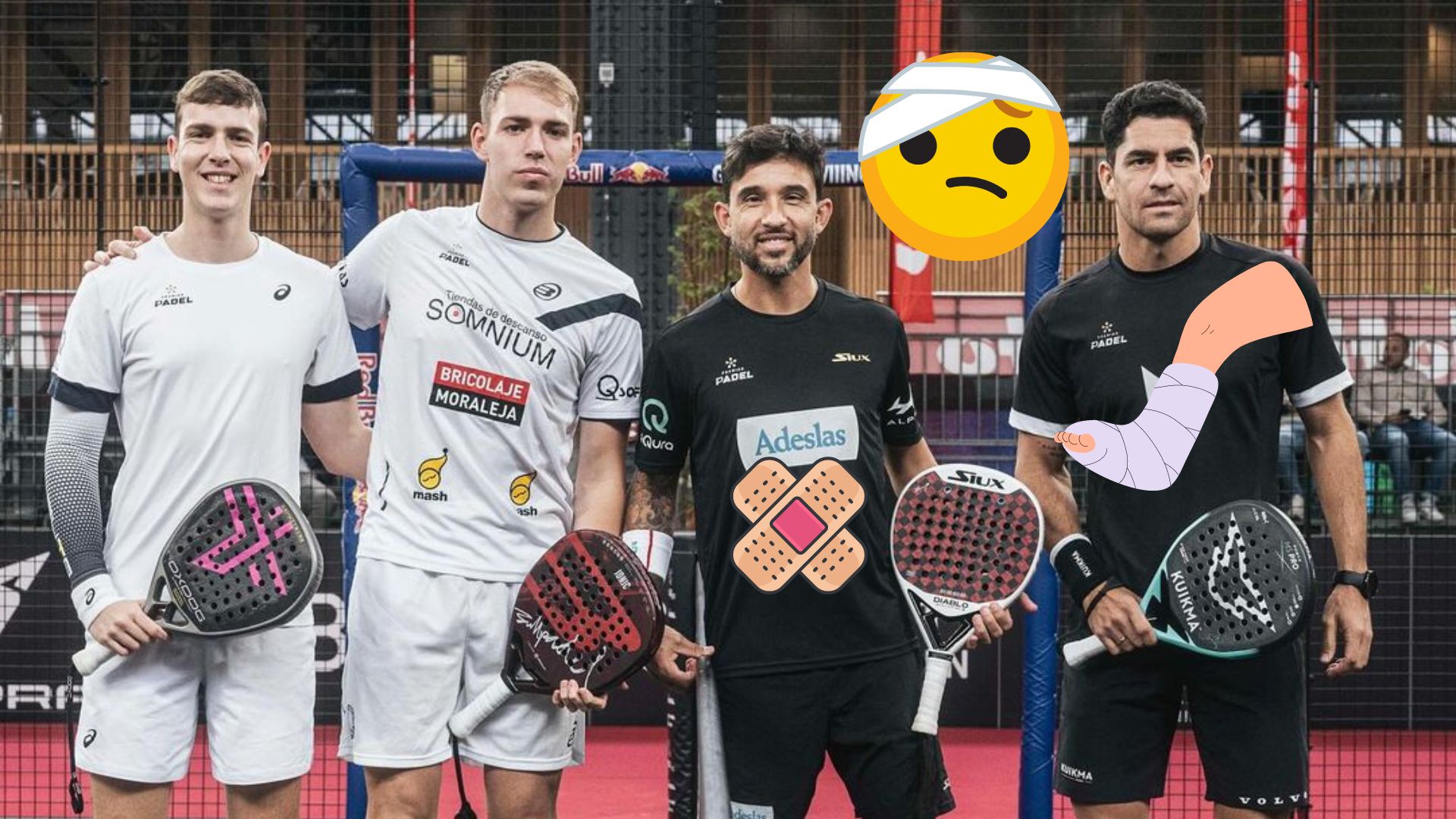 Unusual – Sanyo Gutierrez and Maxi Sanchez suffered in Brussels
Unusual – Sanyo Gutierrez and Maxi Sanchez suffered in Brussels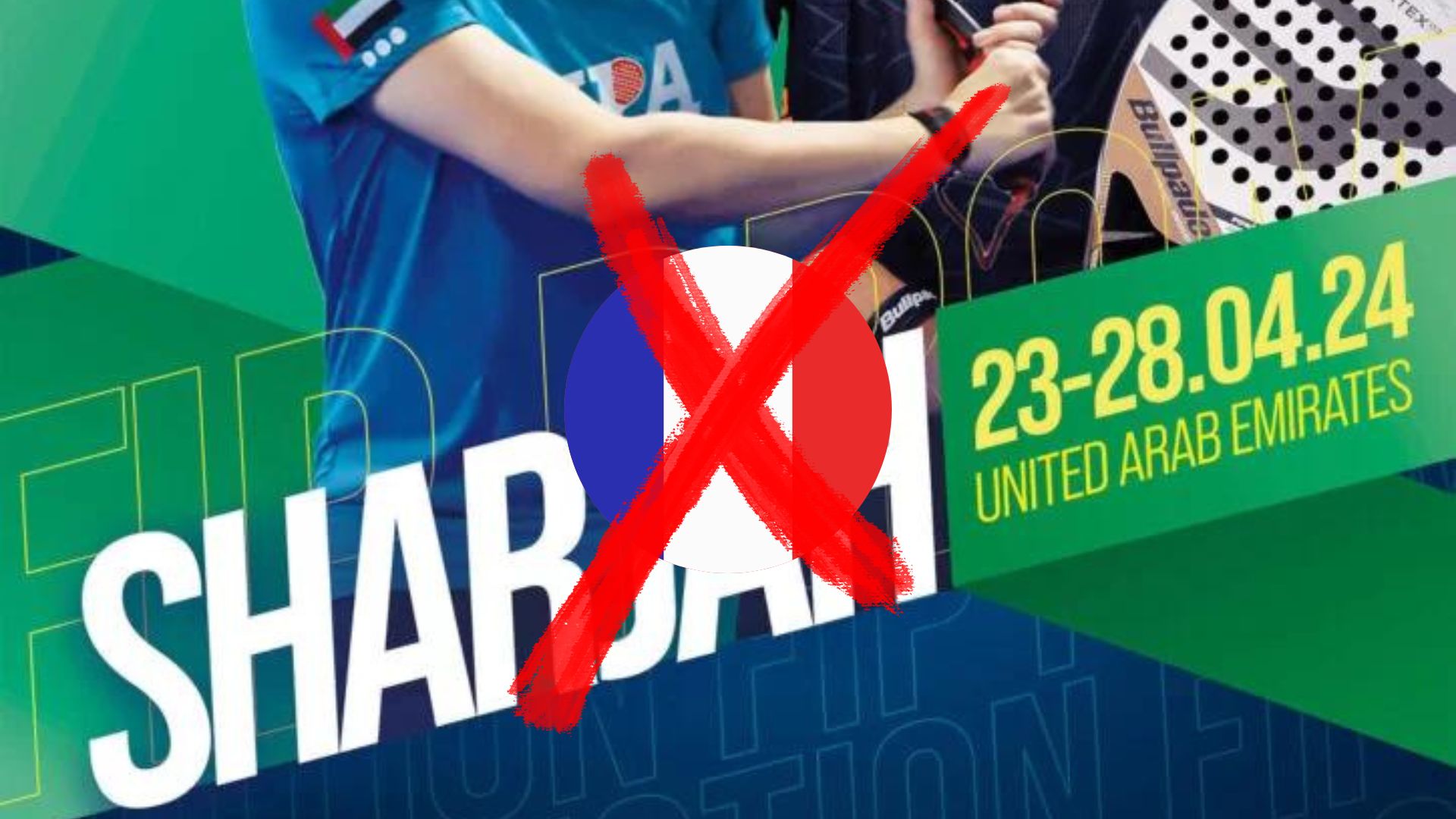 FIP Promotion Sharjah – More French people in the United Arab Emirates
FIP Promotion Sharjah – More French people in the United Arab Emirates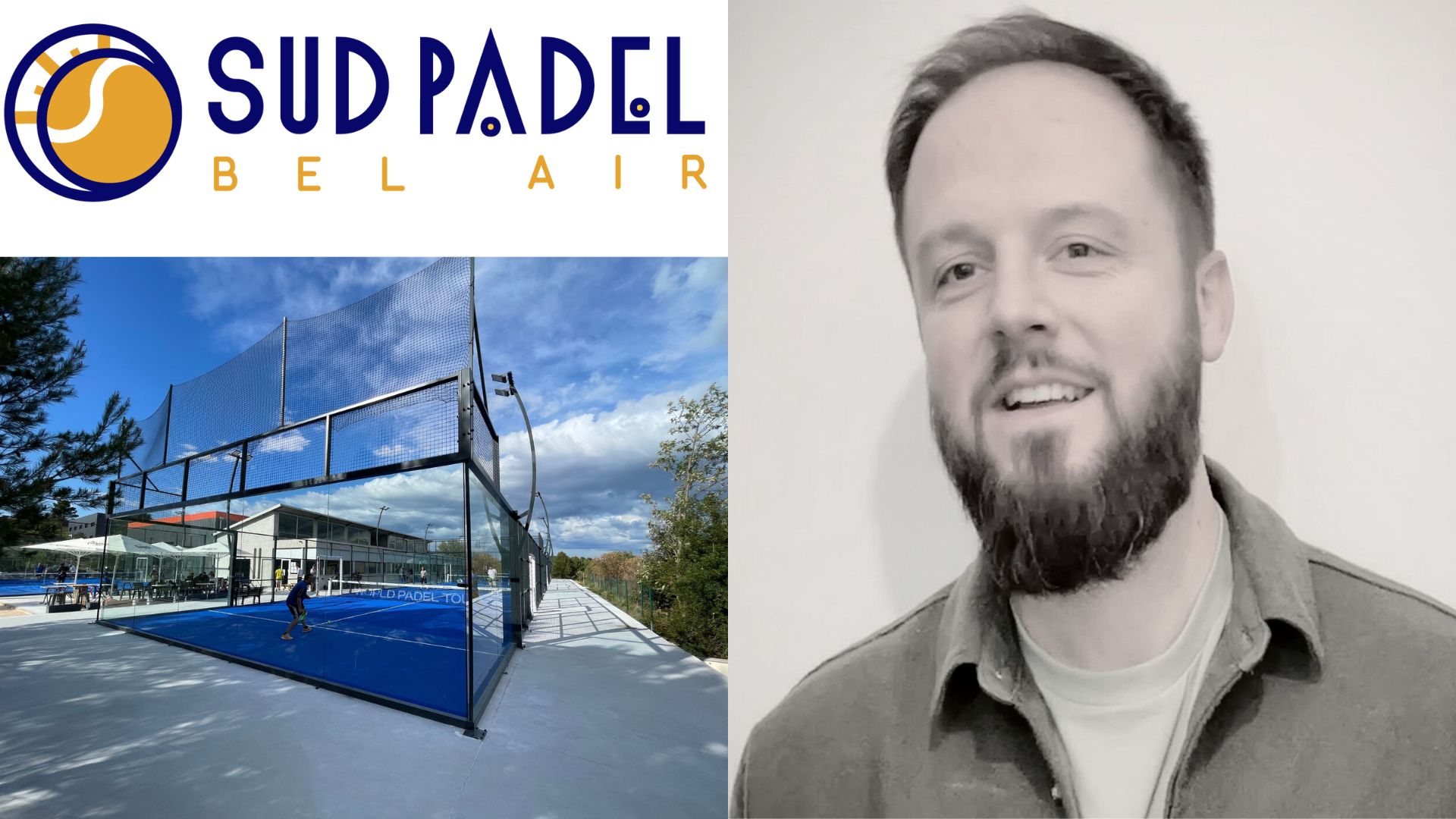 Guillaume Codron de Sud Padel : “A family project”
Guillaume Codron de Sud Padel : “A family project”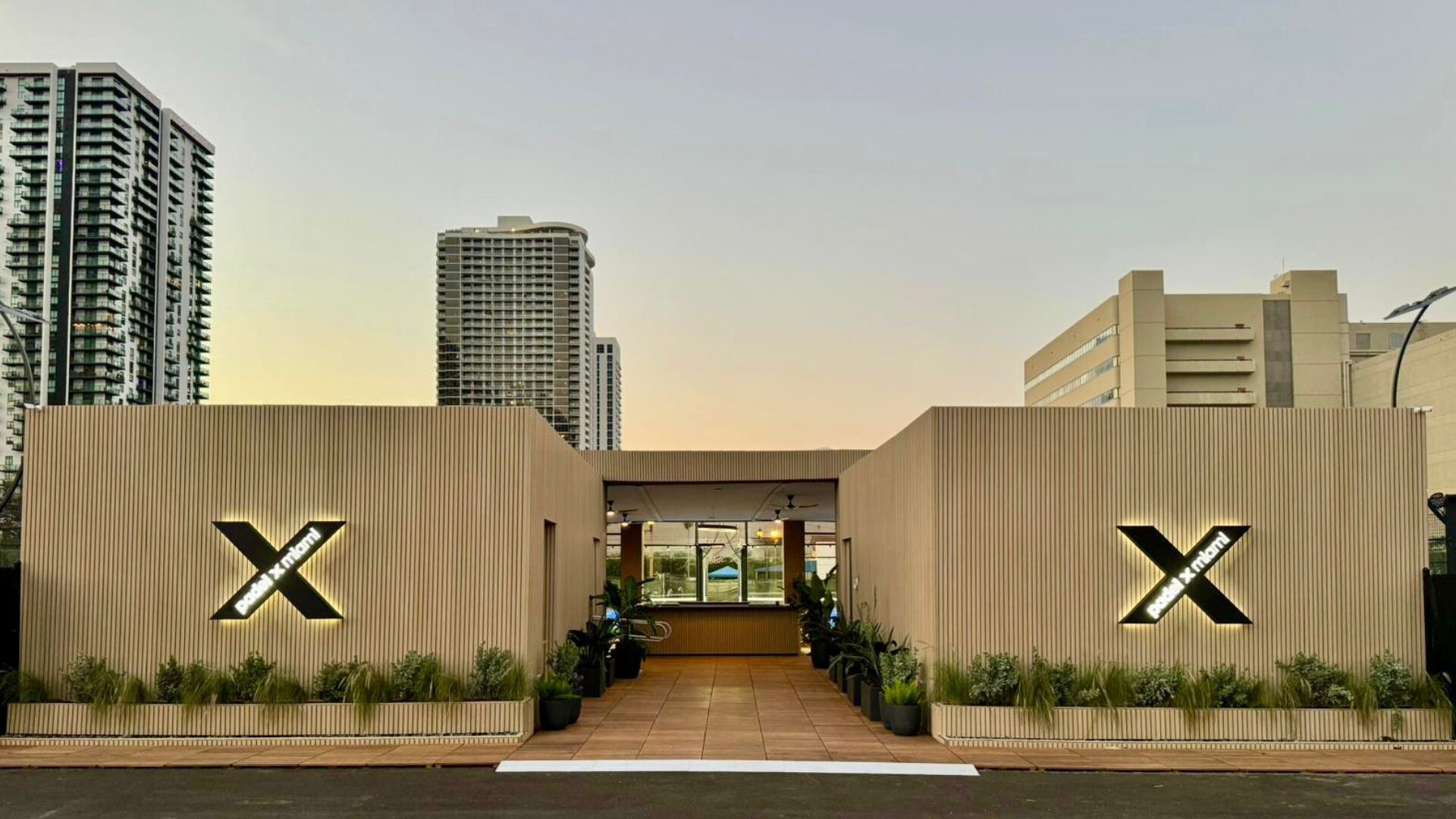 Nallé Grinda: “Democratize the padel in the USA with PadelX "
Nallé Grinda: “Democratize the padel in the USA with PadelX "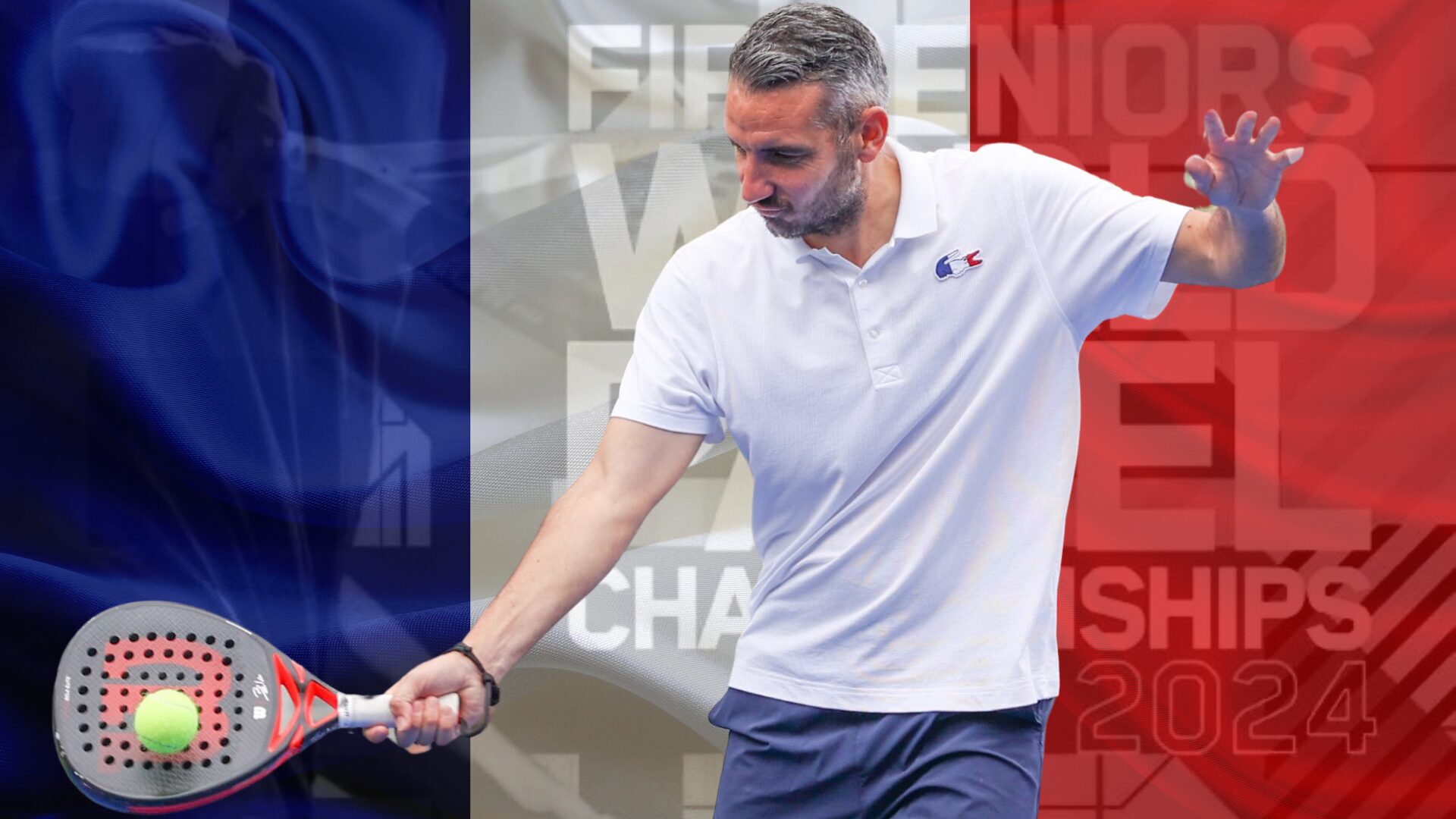 Simon Boissé: “We know that there are two nations in front of us”
Simon Boissé: “We know that there are two nations in front of us”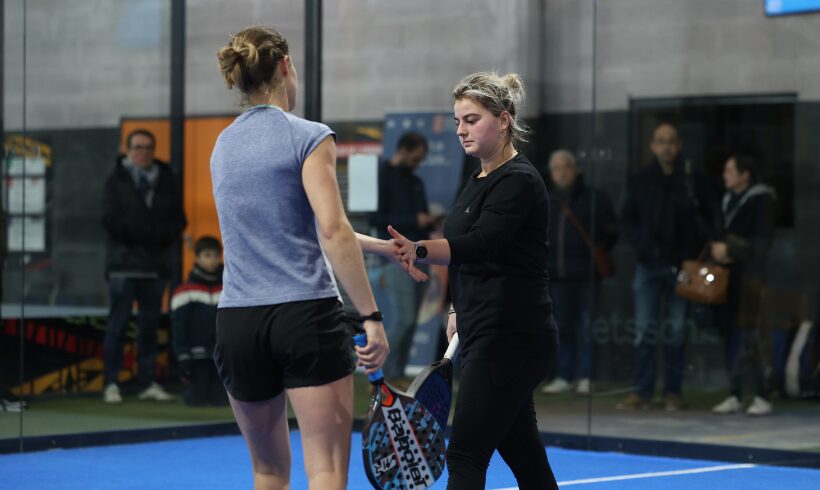 Marie Maligo: “This period of frequent changes of partners was beneficial for me”
Marie Maligo: “This period of frequent changes of partners was beneficial for me” The All Star Tour returns on May 16 at the All In in Lyon
The All Star Tour returns on May 16 at the All In in Lyon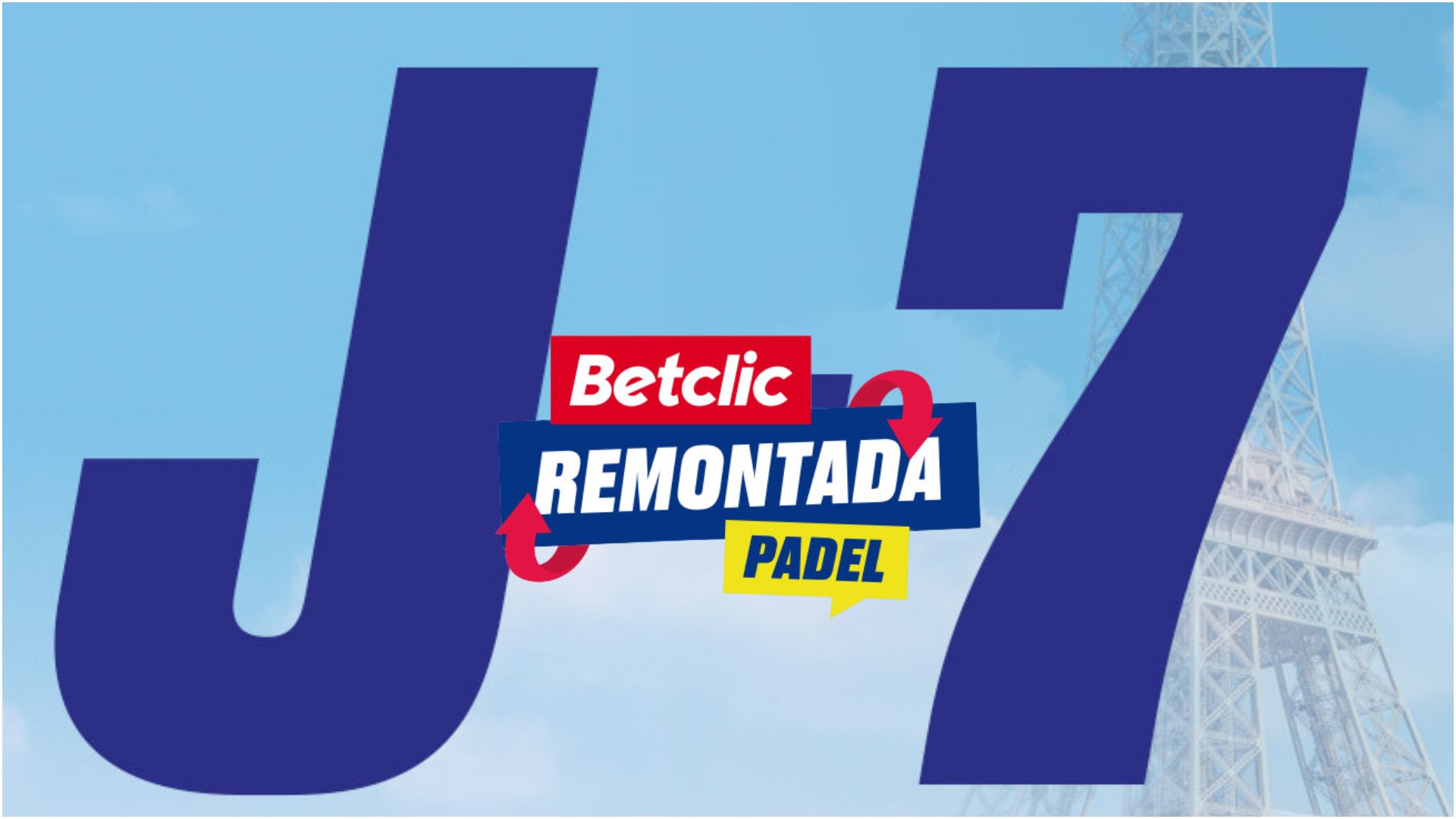 D-7 of the “BetClic Remontada Padel”, at the foot of the Eiffel Tower
D-7 of the “BetClic Remontada Padel”, at the foot of the Eiffel Tower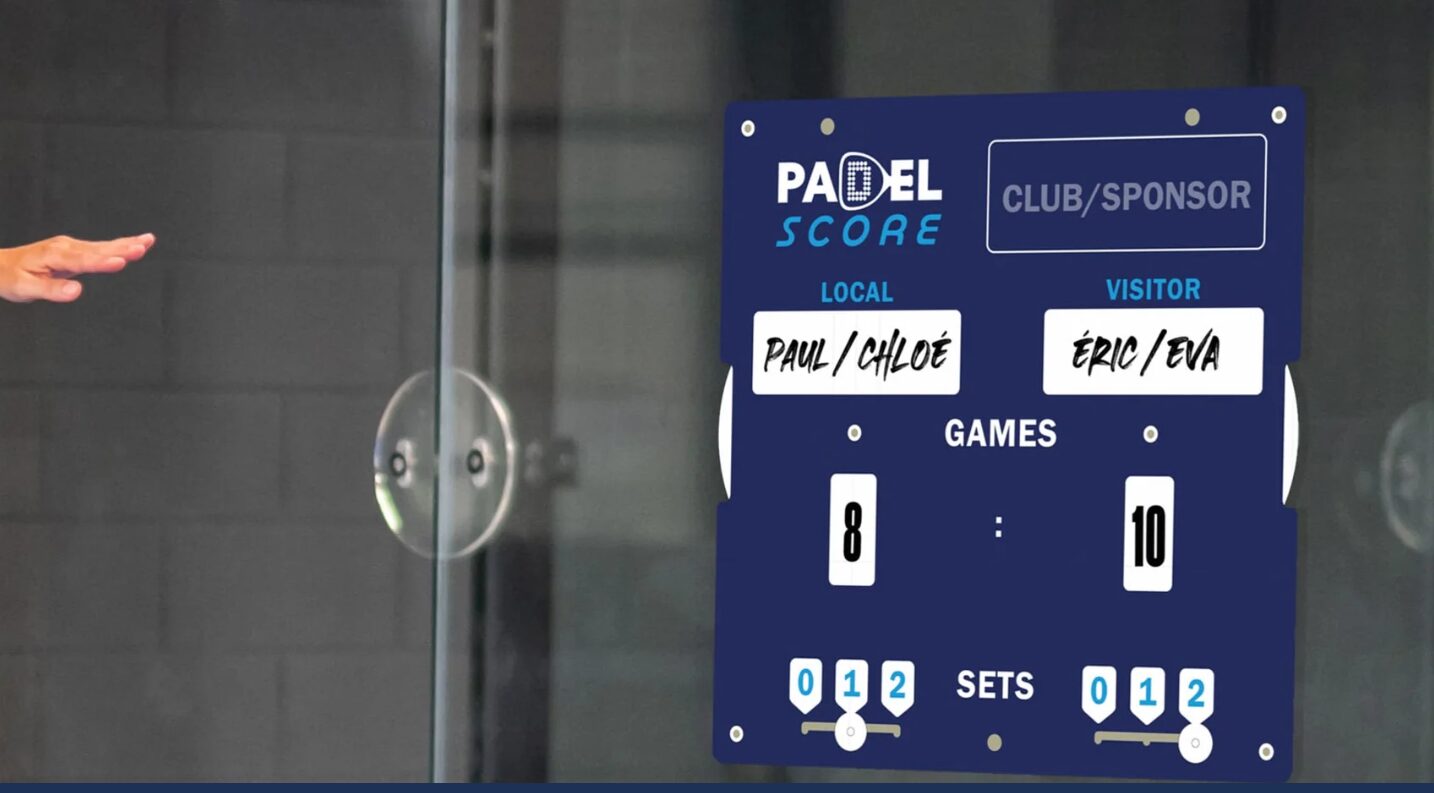 Padel Score: an essential table for keeping score
Padel Score: an essential table for keeping score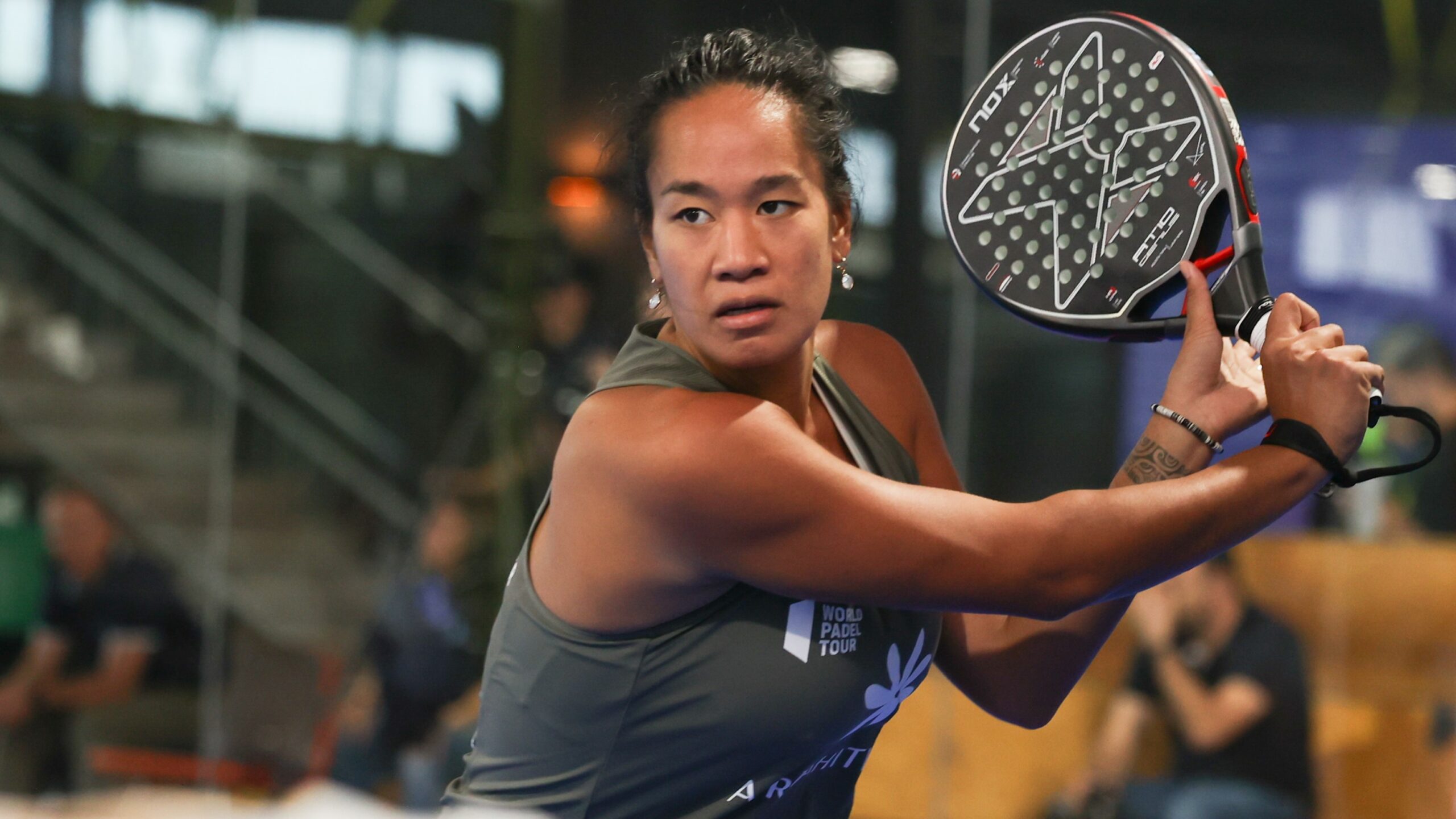 Léa Godallier makes her big return to the slopes this weekend
Léa Godallier makes her big return to the slopes this weekend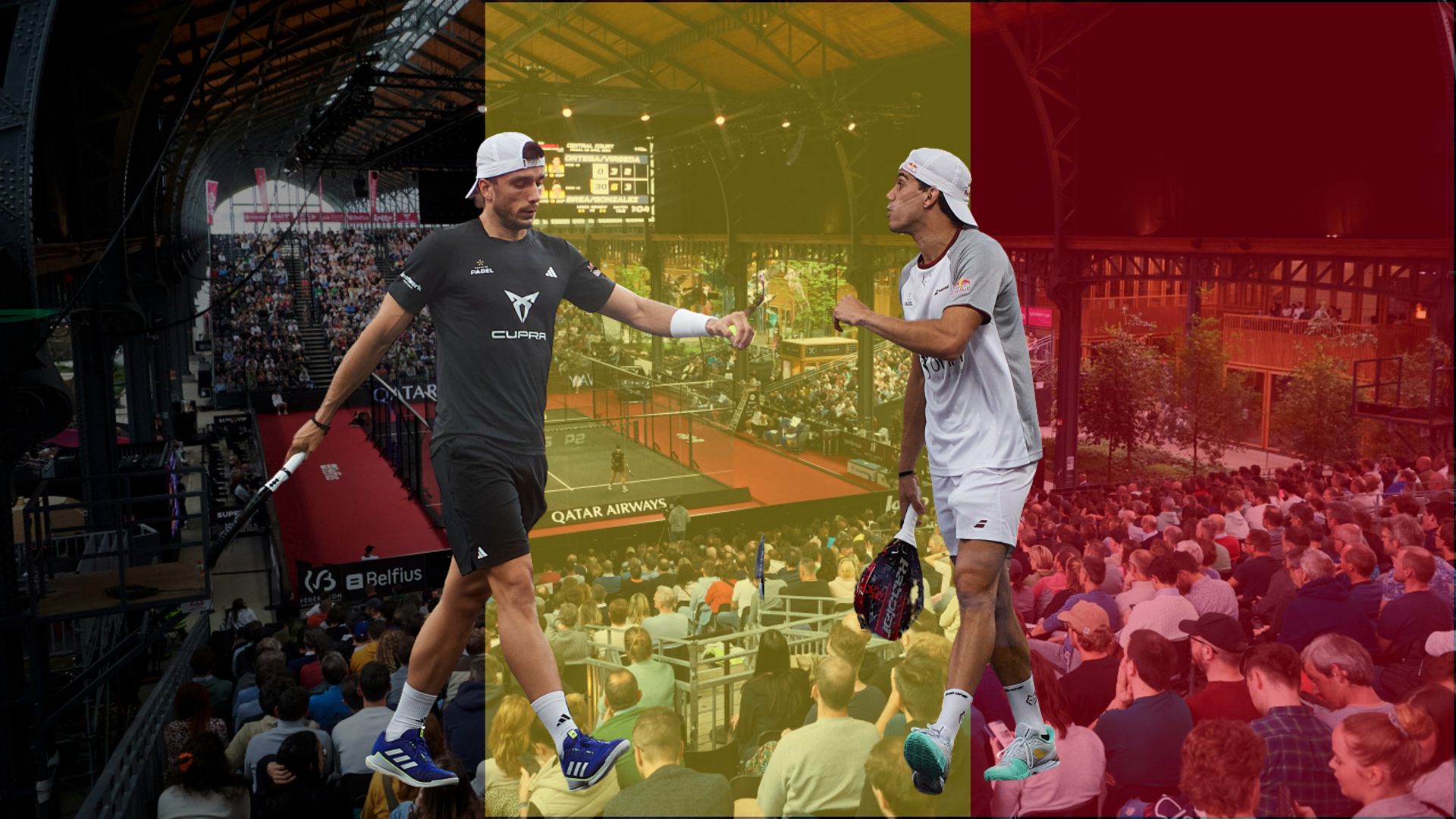 Premier Padel Brussels P2 – Juan Lebron and Ale Galan together in Belgium?
Premier Padel Brussels P2 – Juan Lebron and Ale Galan together in Belgium?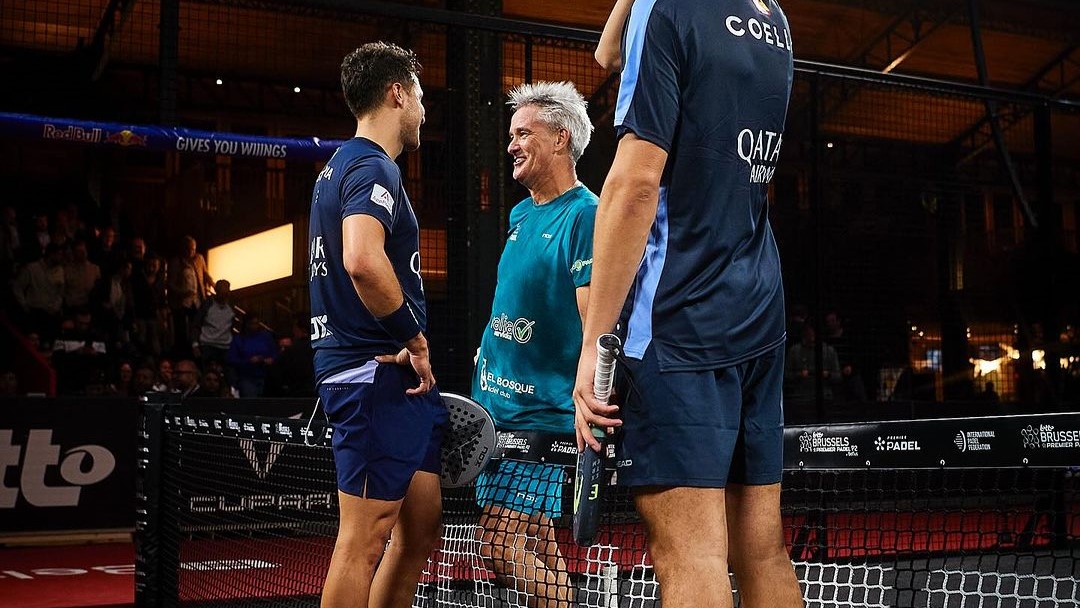 Agustin Tapia salutes the longevity of Miguel Lamperti
Agustin Tapia salutes the longevity of Miguel Lamperti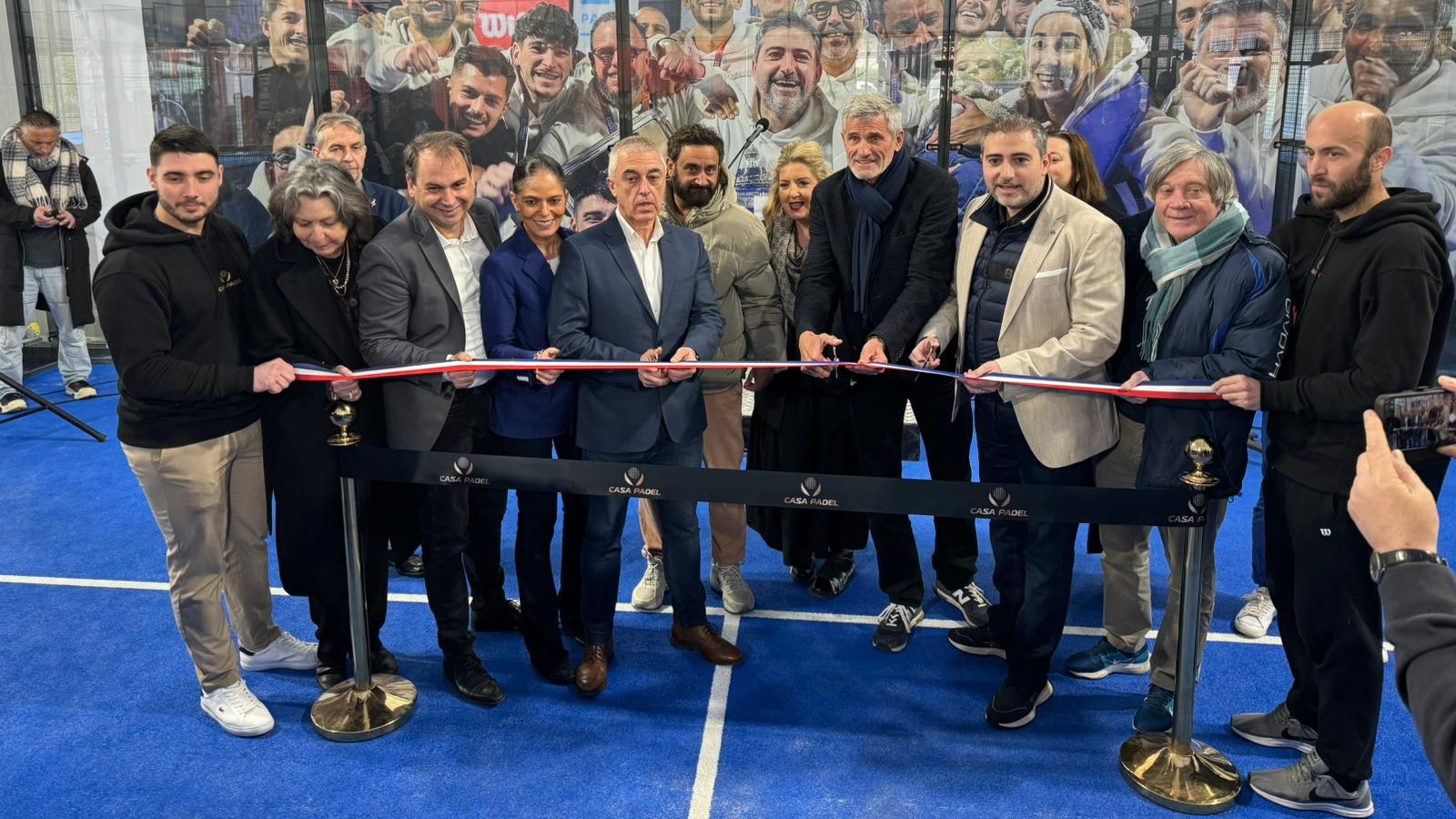 José Manuel Escin at the inauguration of Casa Padel DOS: “Finally, and thank you!”
José Manuel Escin at the inauguration of Casa Padel DOS: “Finally, and thank you!” Padel Score comes to Tahiti for American Express Padel Cup!
Padel Score comes to Tahiti for American Express Padel Cup!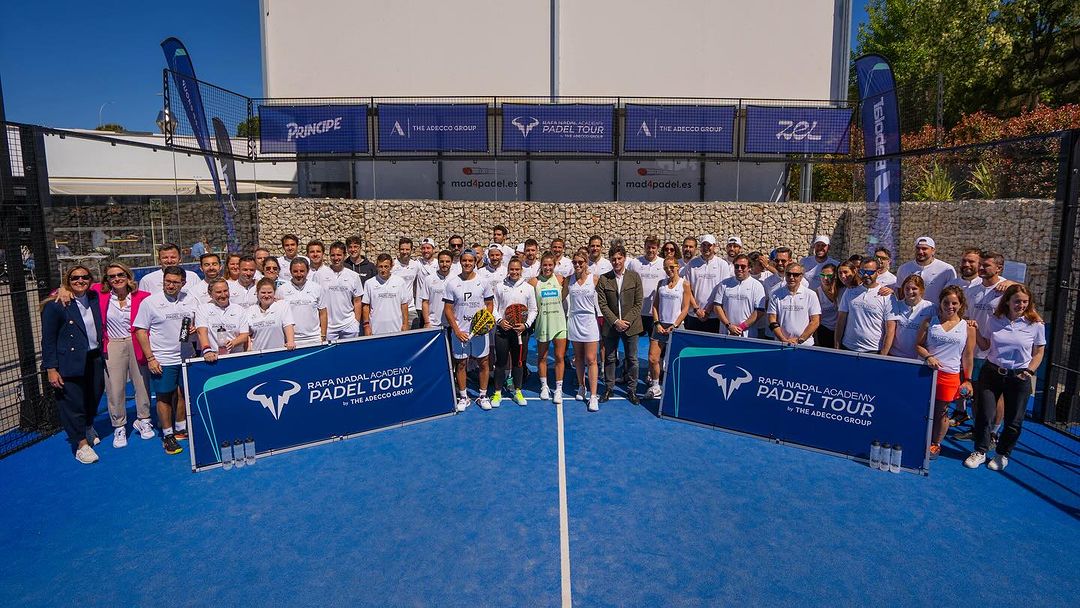 Do you know the Rafa Nadal Academy Tour?
Do you know the Rafa Nadal Academy Tour?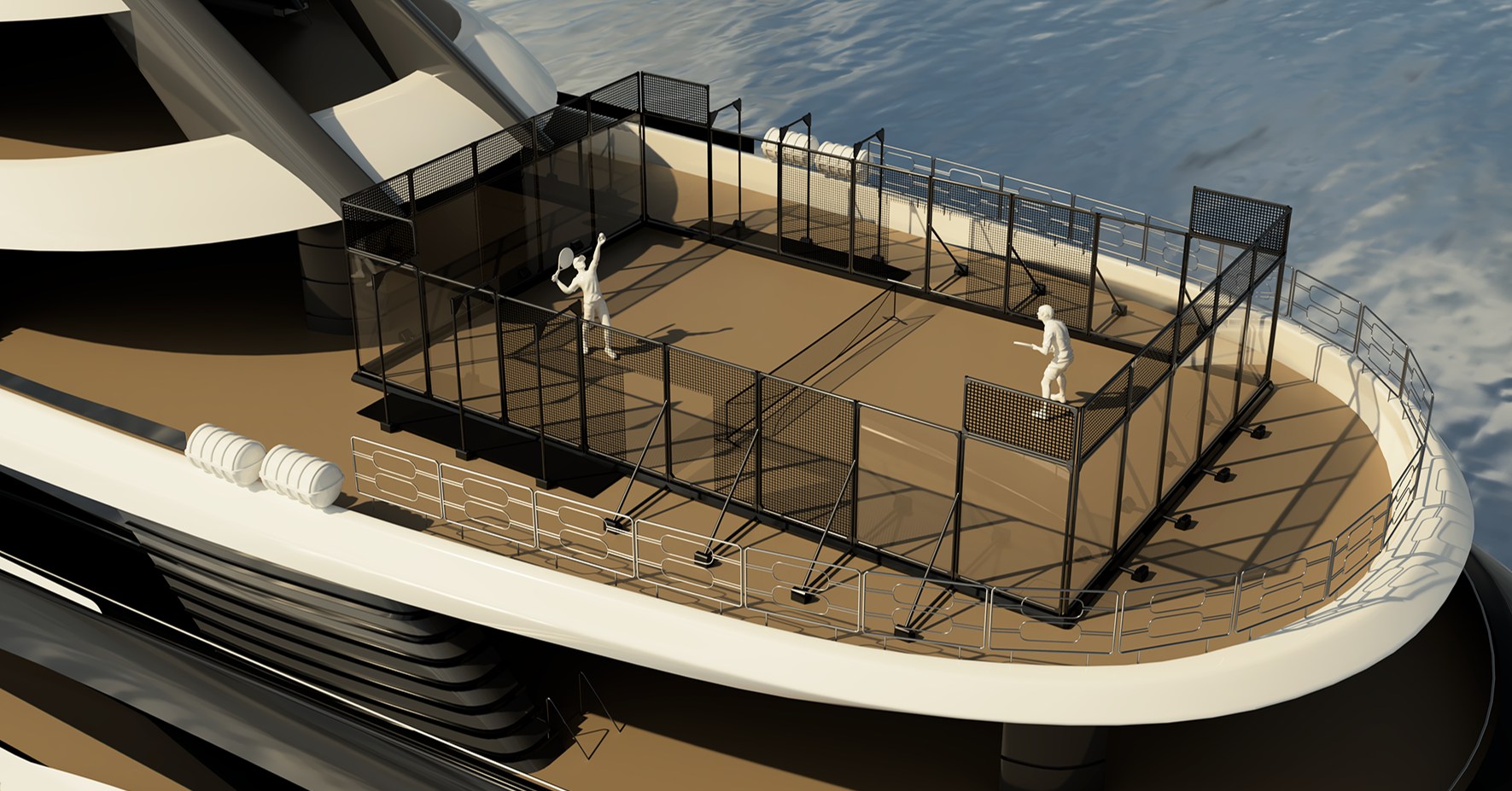 Play at padel on his yacht? Possible for €233.000!
Play at padel on his yacht? Possible for €233.000!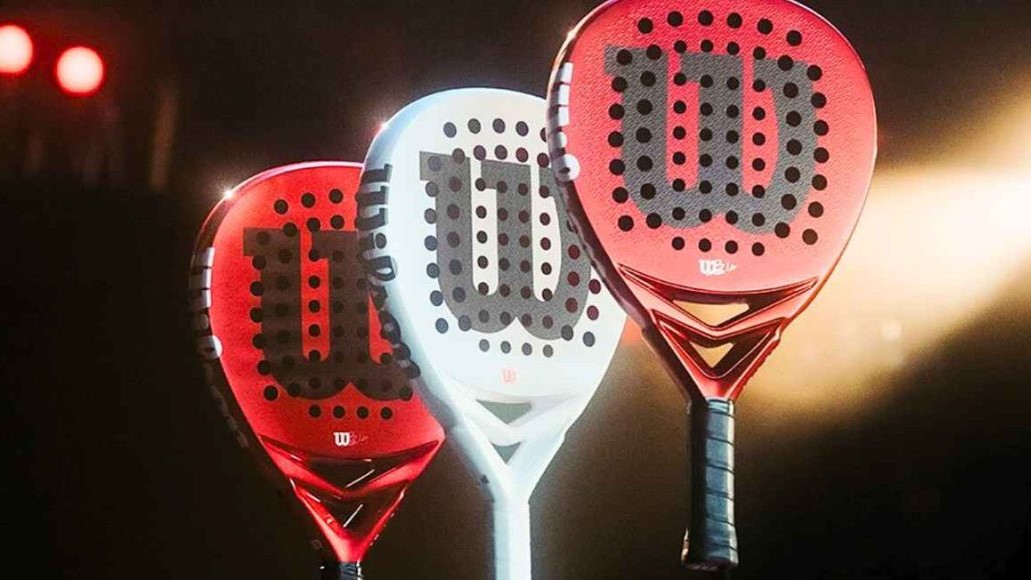 Presentation of the Wilson Bela V2.5 collection
Presentation of the Wilson Bela V2.5 collection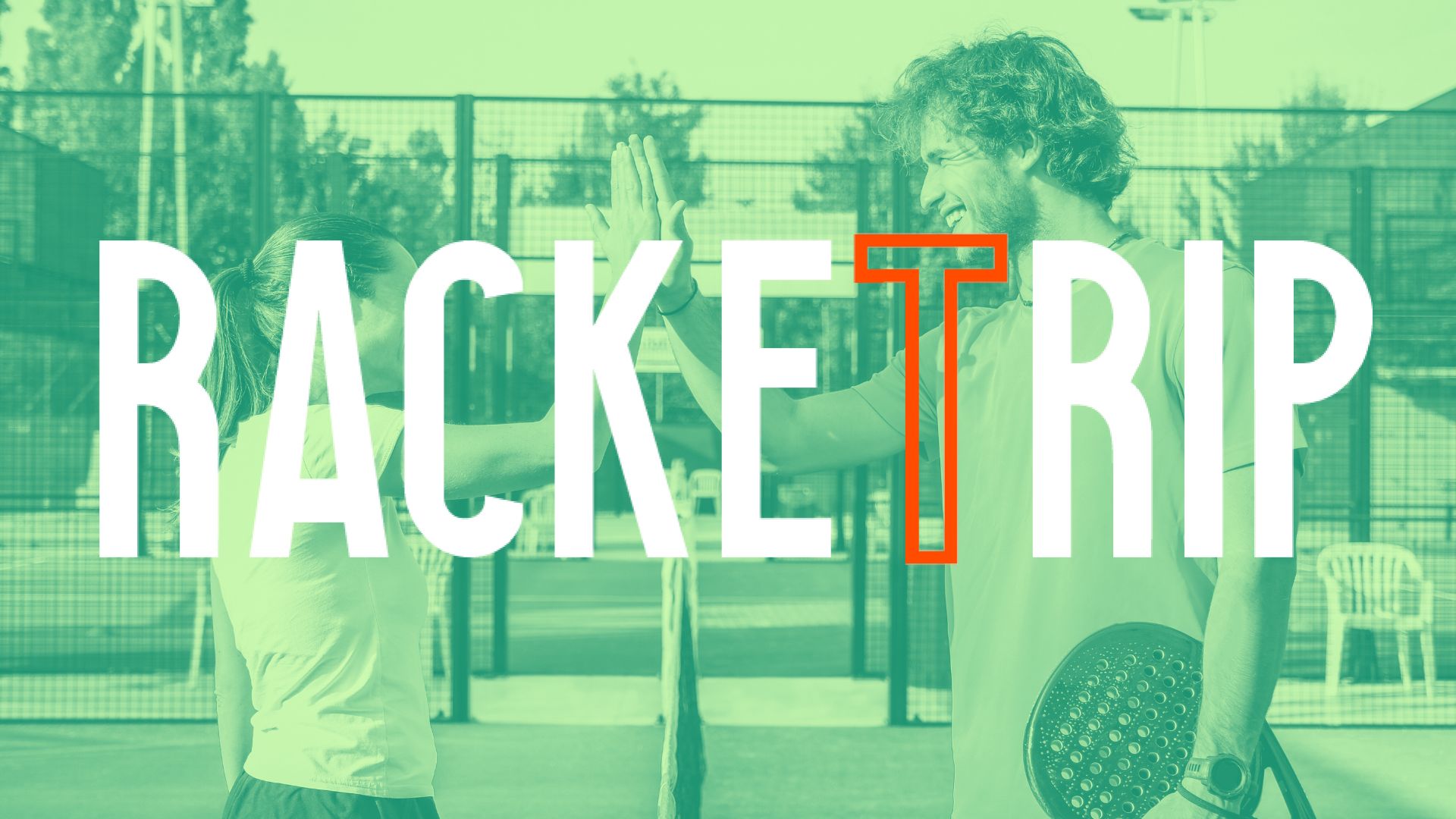 The LinkedIn of racquet sports: Racket Trip
The LinkedIn of racquet sports: Racket Trip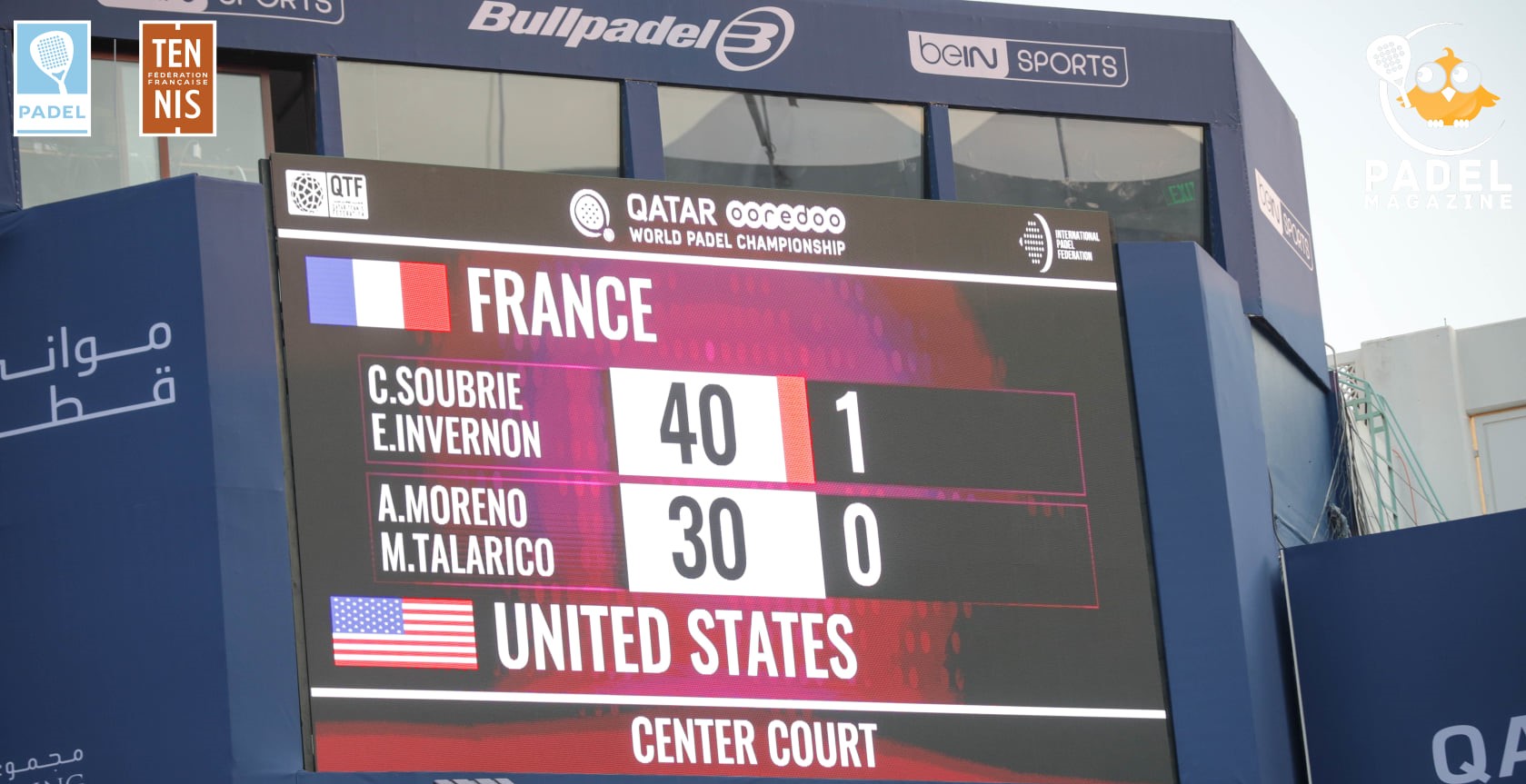 The score at padel : manual
The score at padel : manual Our Top 10 training courses padel in France and Europe
Our Top 10 training courses padel in France and Europe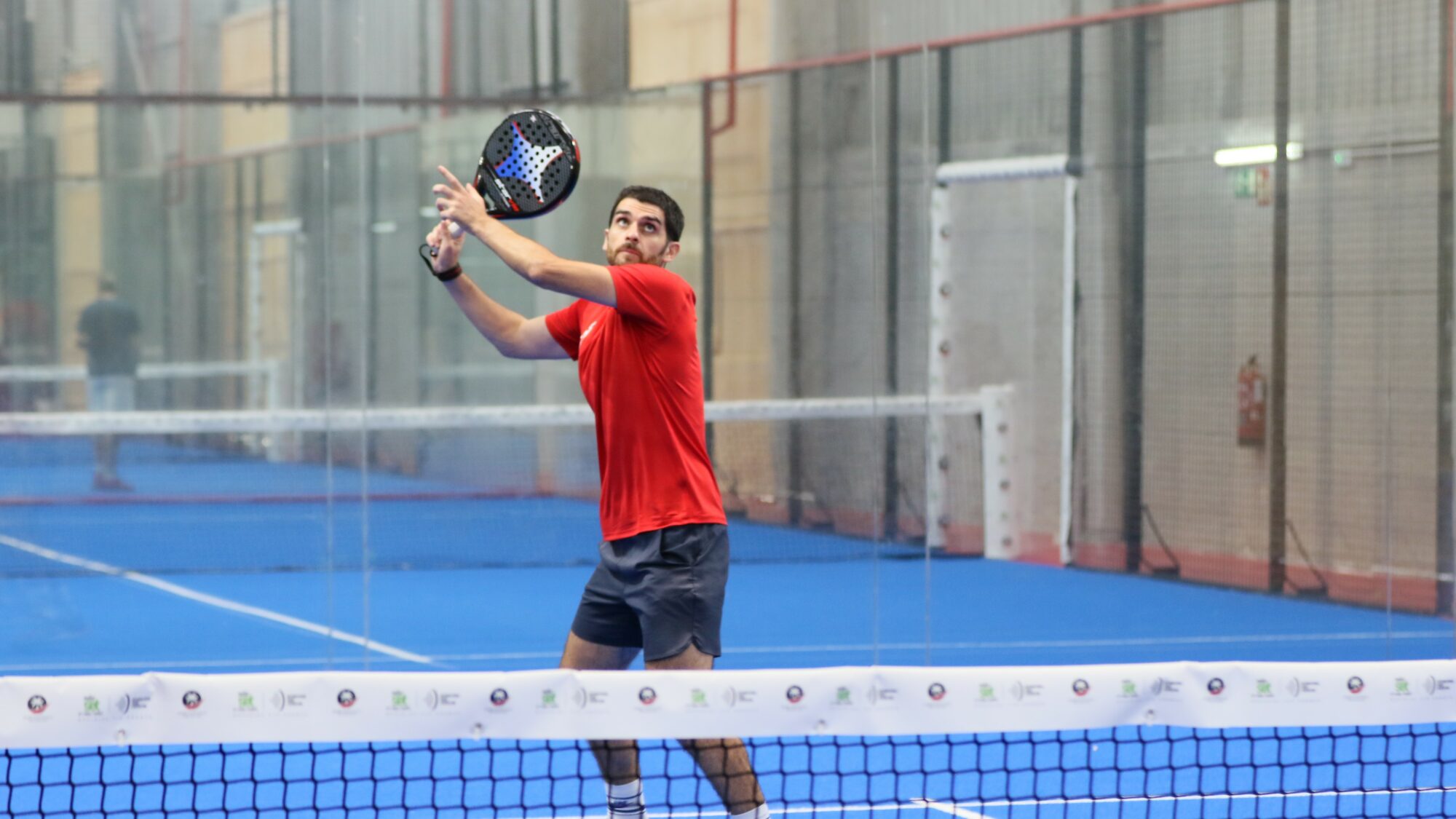 At the heart of padel – Episode 25: Paul and Andoni answer your questions
At the heart of padel – Episode 25: Paul and Andoni answer your questions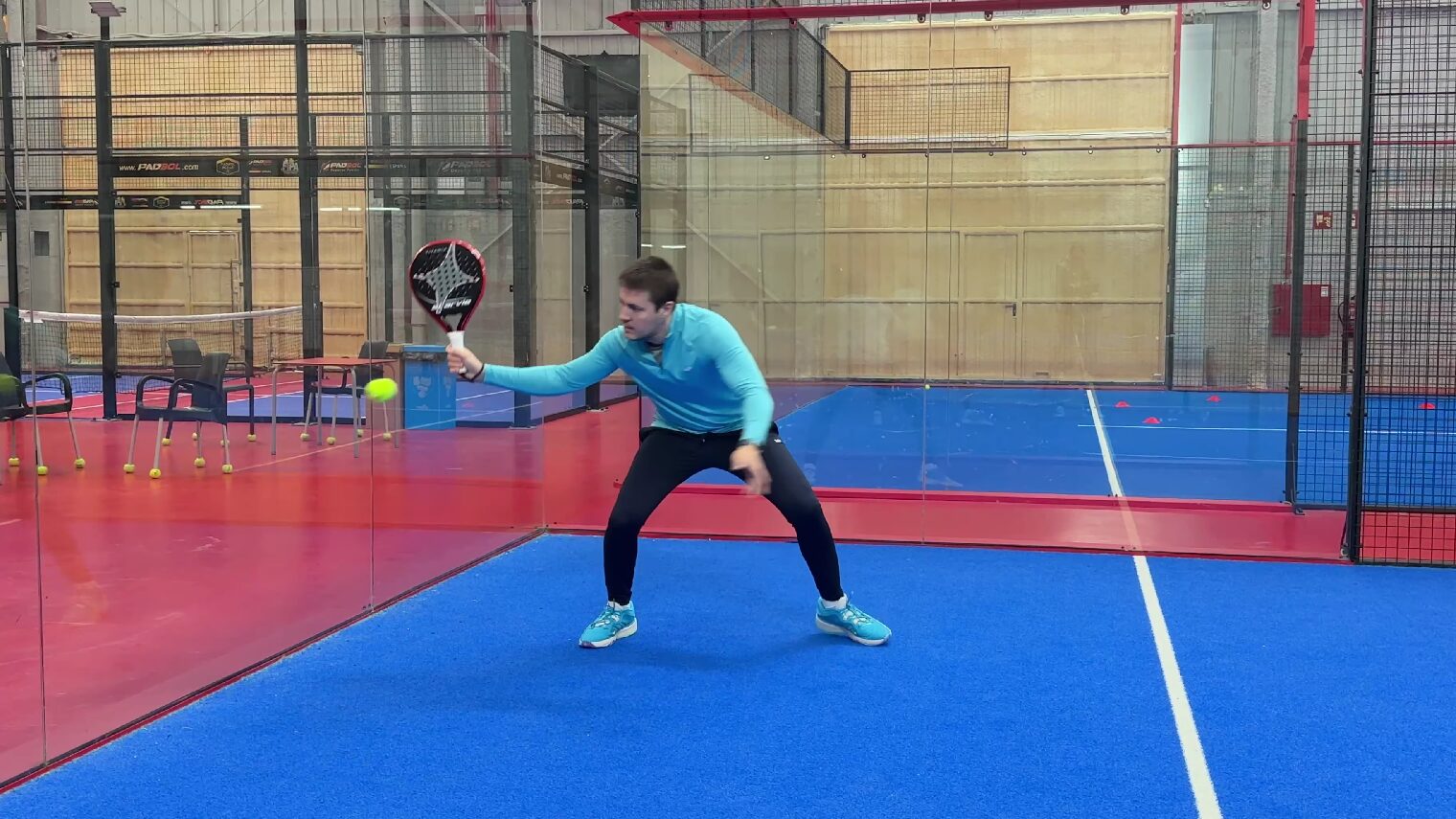 At the heart of padel – Episode 23: defend the window well
At the heart of padel – Episode 23: defend the window well Prohibition on playing topless Padel : the reasons
Prohibition on playing topless Padel : the reasons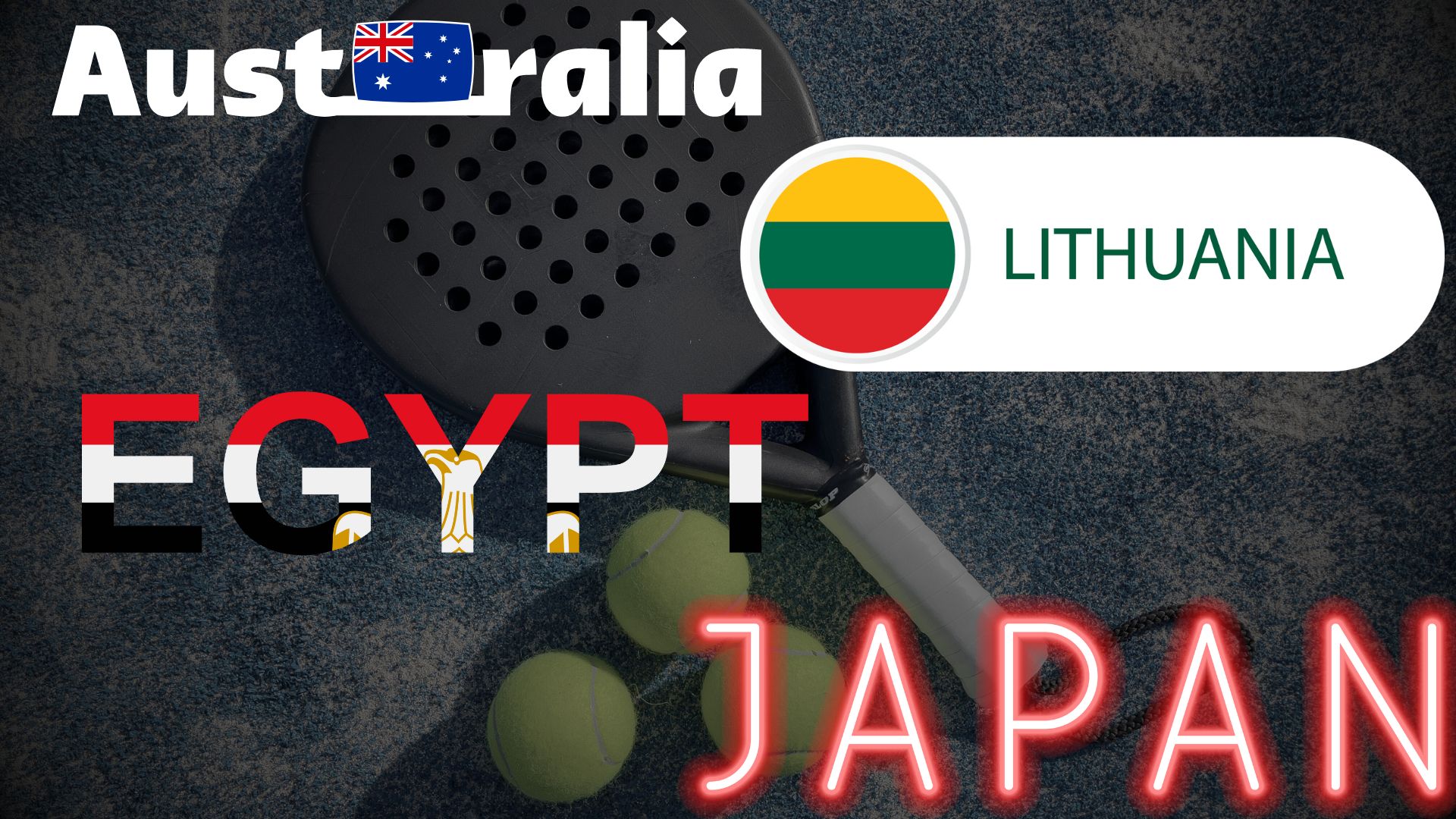 FIP Tour – Going far from Europe, THE strategy to earn points!
FIP Tour – Going far from Europe, THE strategy to earn points!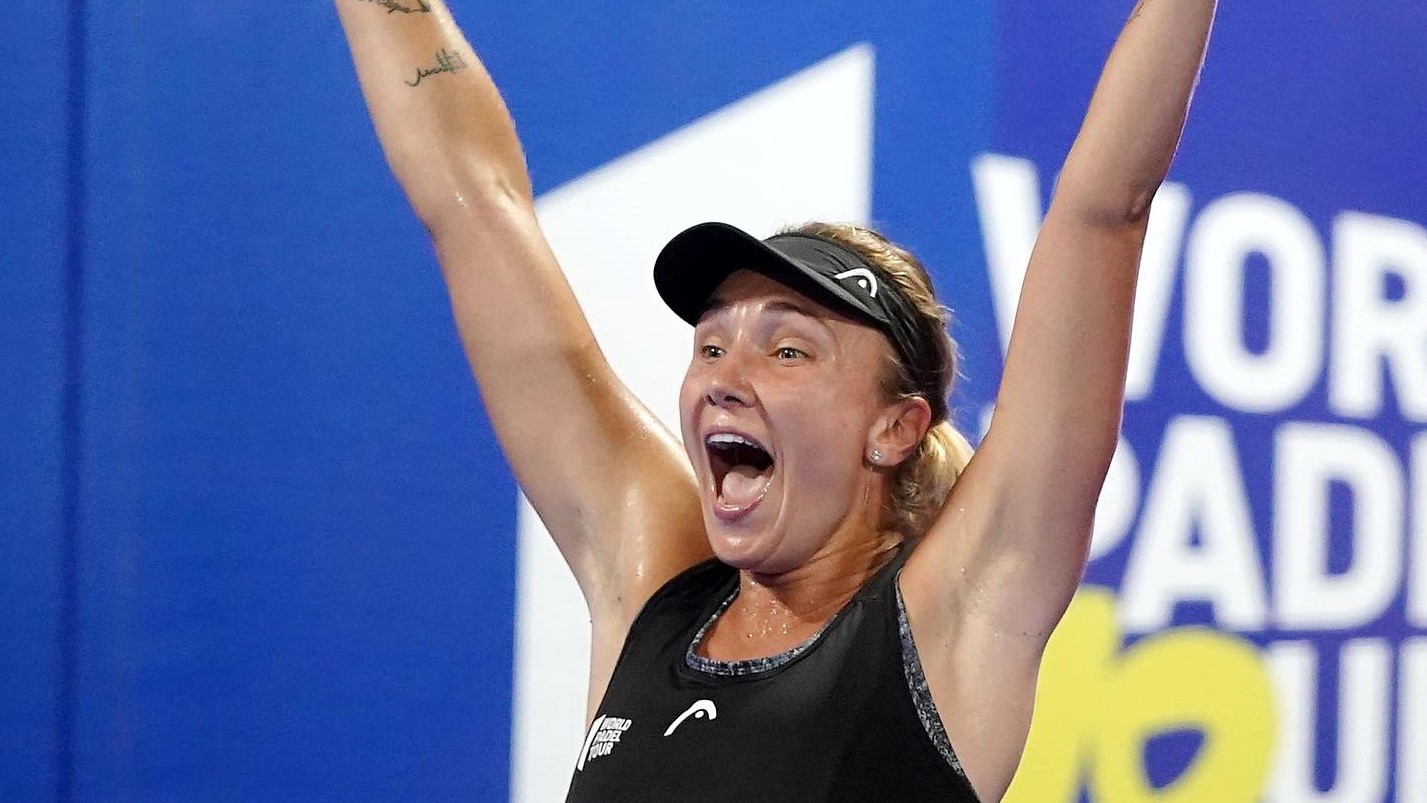 What is a good football player? padel ?
What is a good football player? padel ?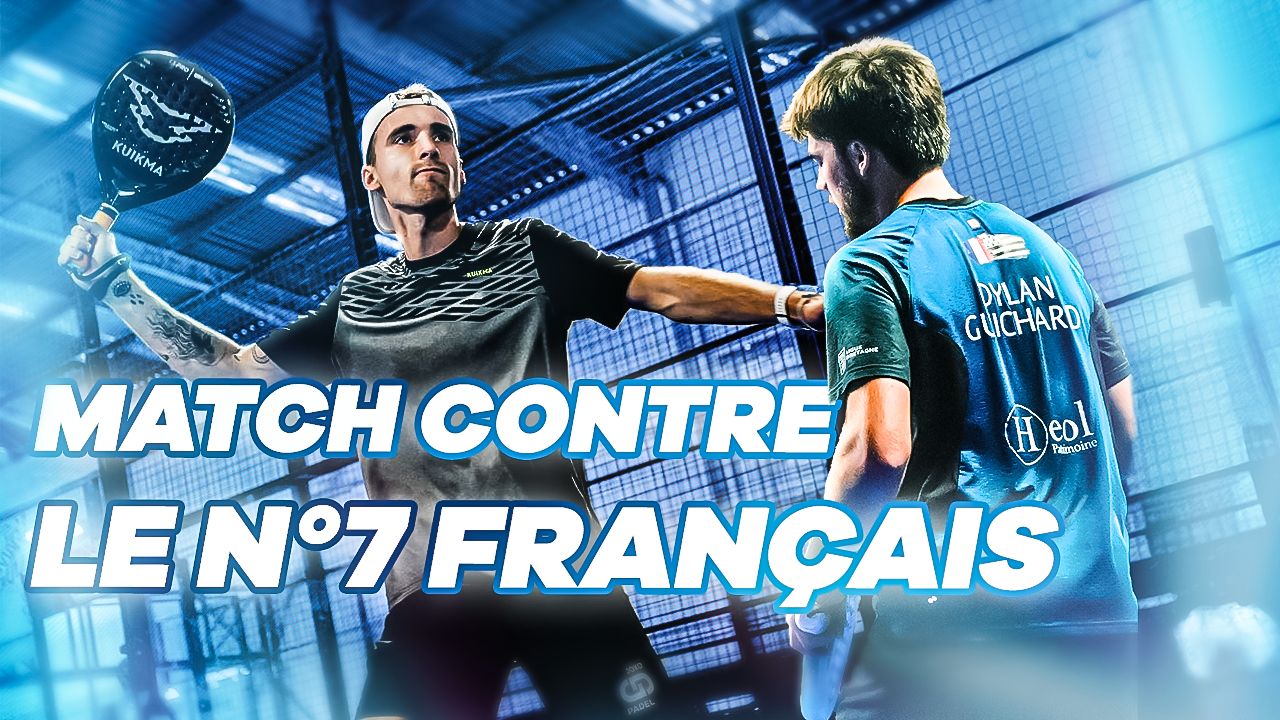 “Lefties give me headaches when I play against them!”
“Lefties give me headaches when I play against them!”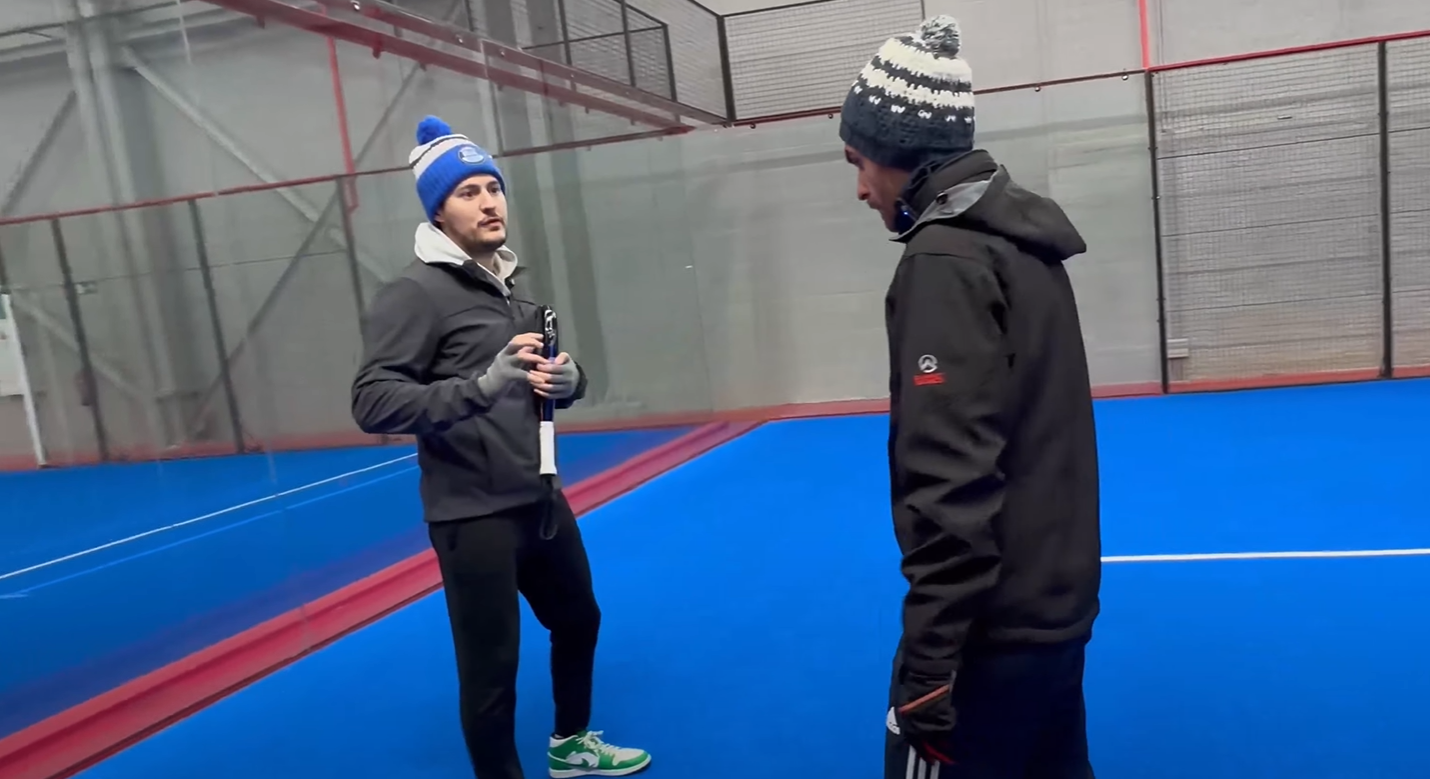 At the heart of padel – Episode 14: how to earn points in winter?
At the heart of padel – Episode 14: how to earn points in winter?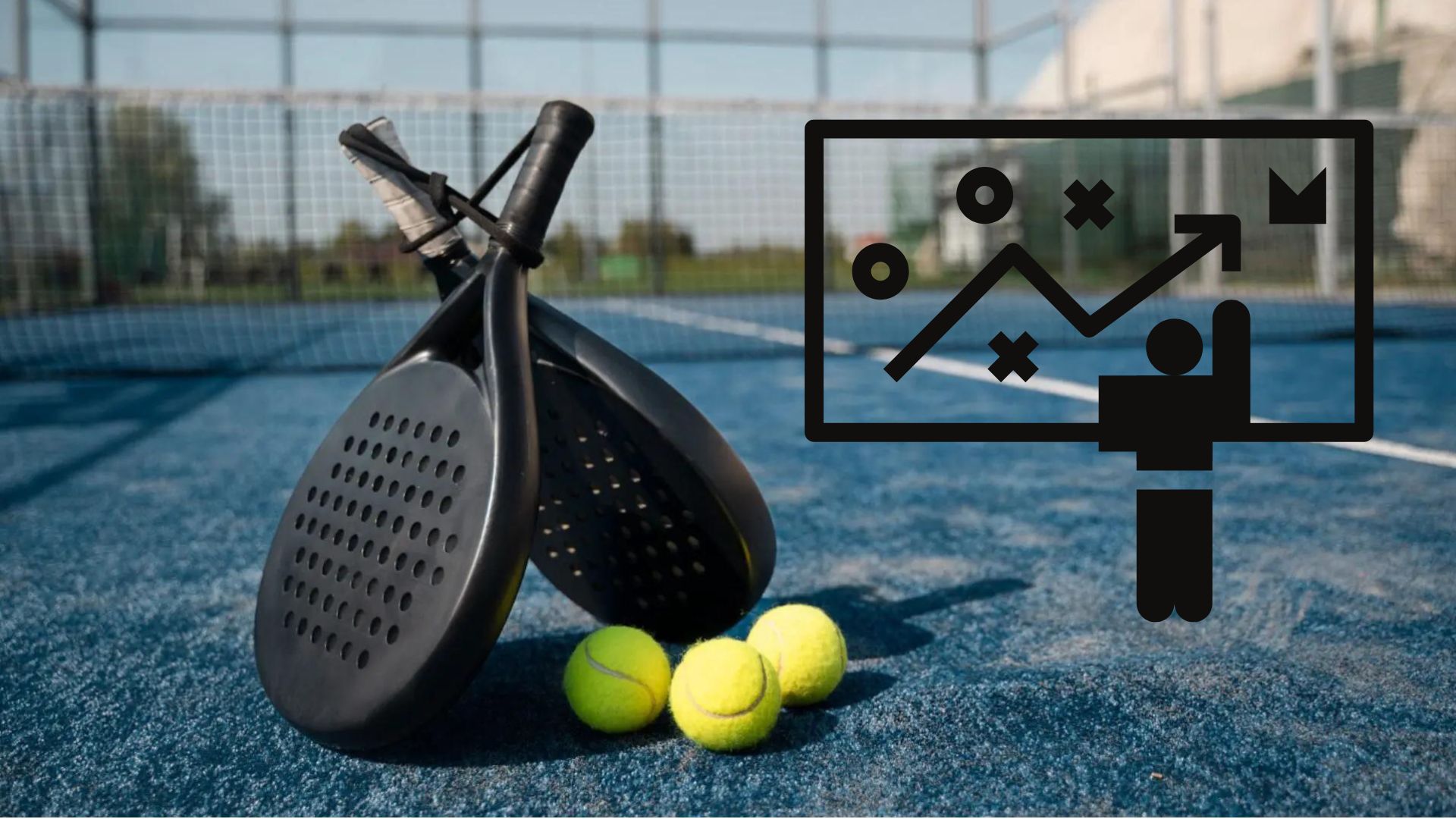 The basic tactics of padel
The basic tactics of padel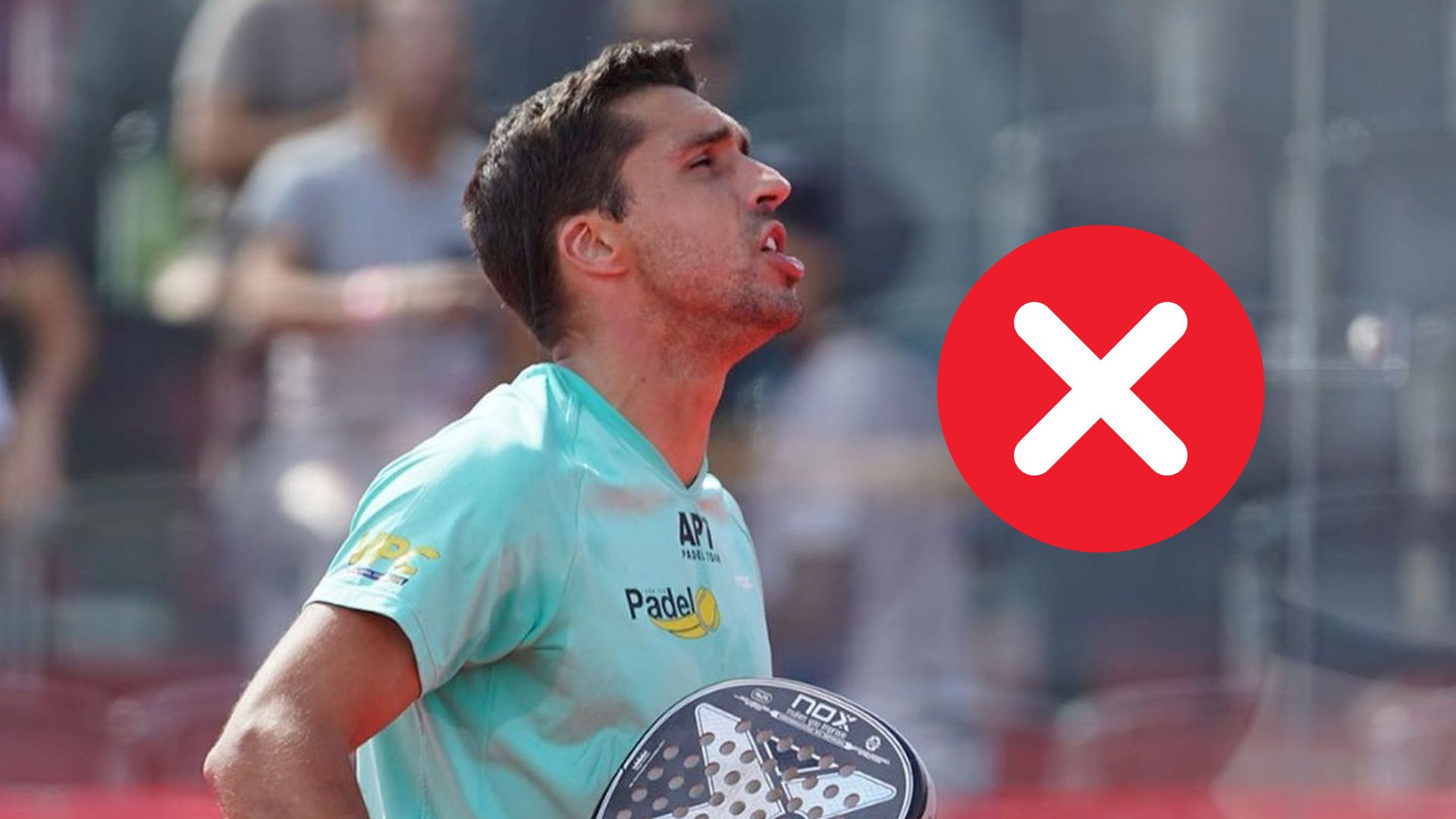 A par 4 is always a winner...even if you manage to defend it!
A par 4 is always a winner...even if you manage to defend it!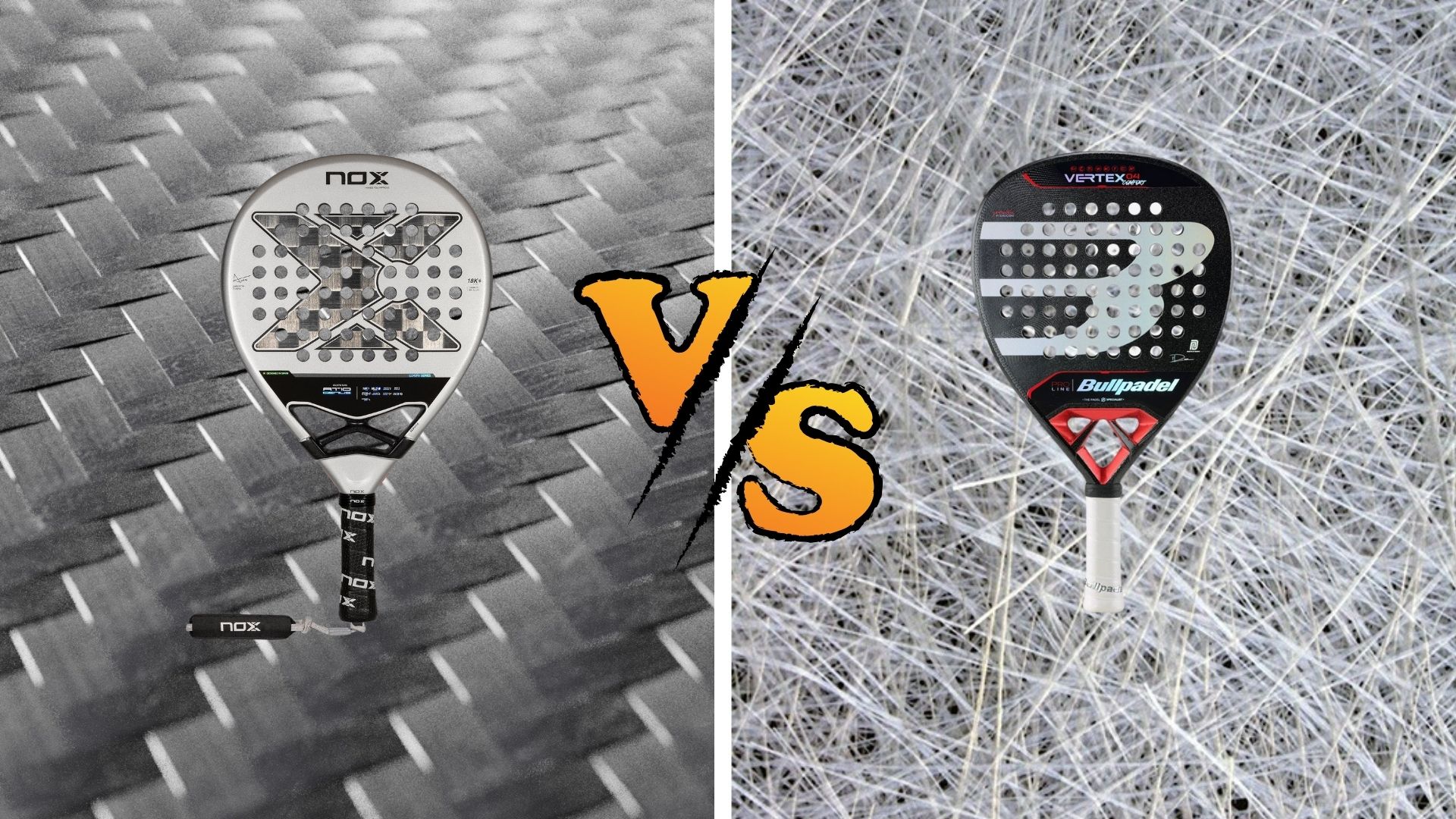 Carbon fiber VS fiberglass: what to choose?
Carbon fiber VS fiberglass: what to choose?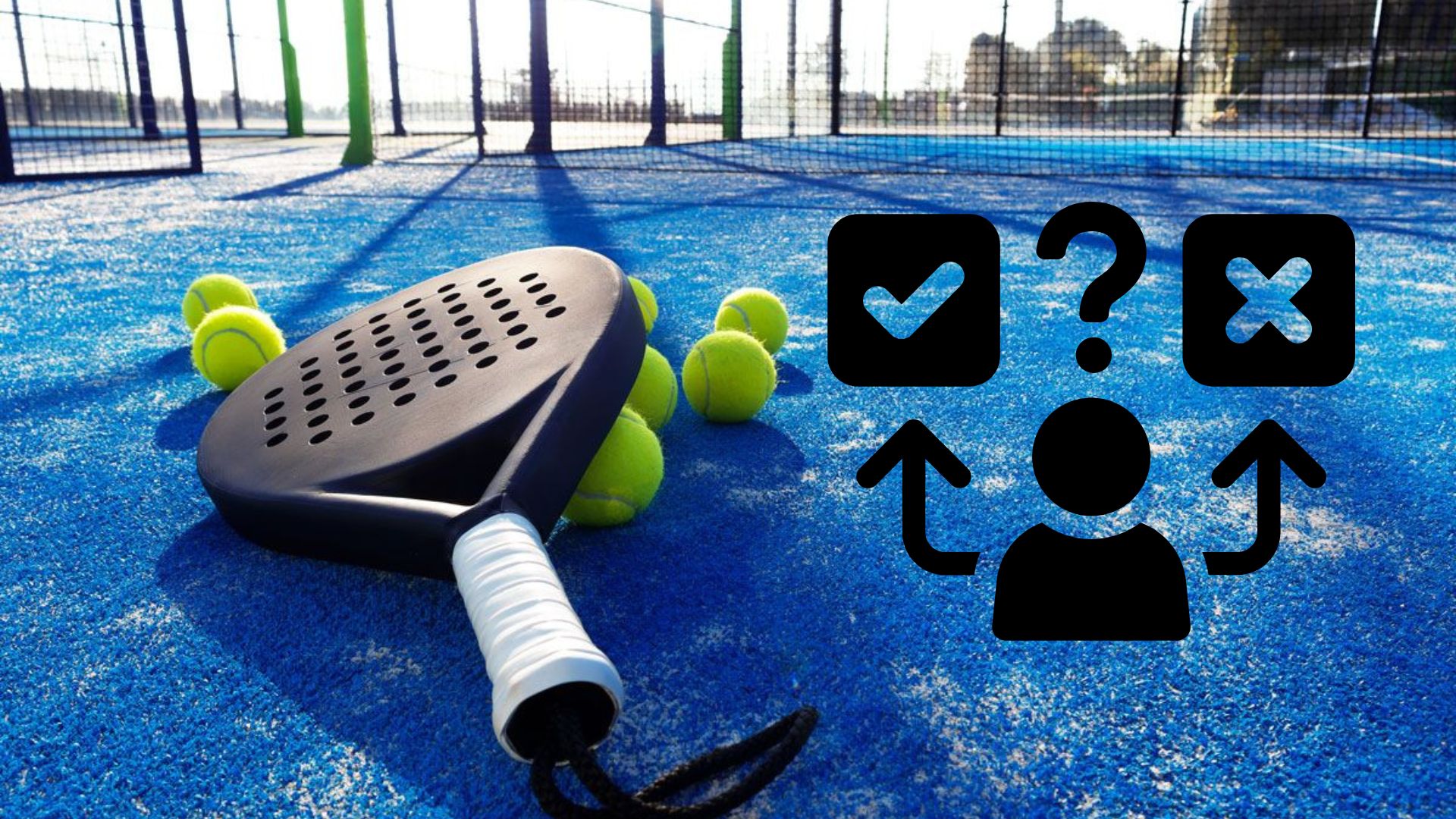 How to effectively test a racket padel ?
How to effectively test a racket padel ?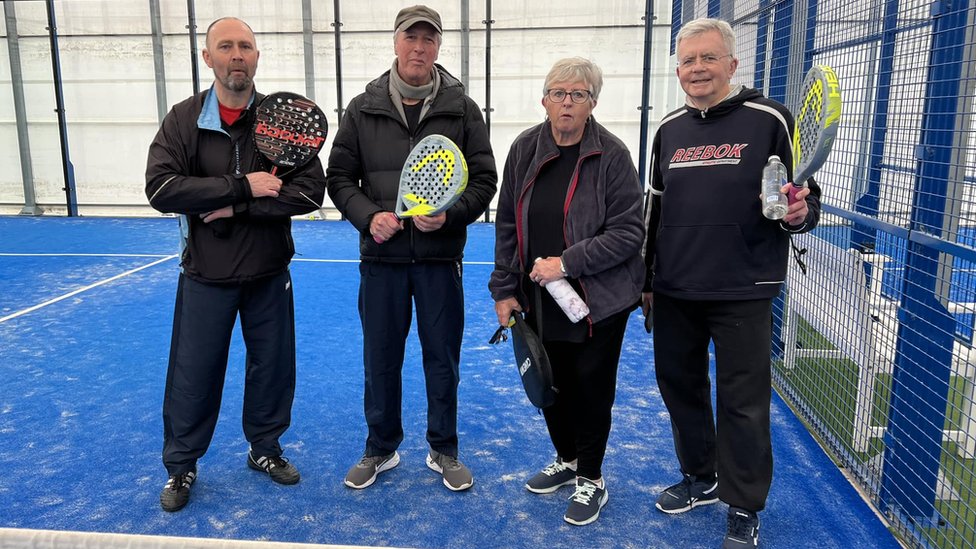 La padel to fight Parkinson's disease
La padel to fight Parkinson's disease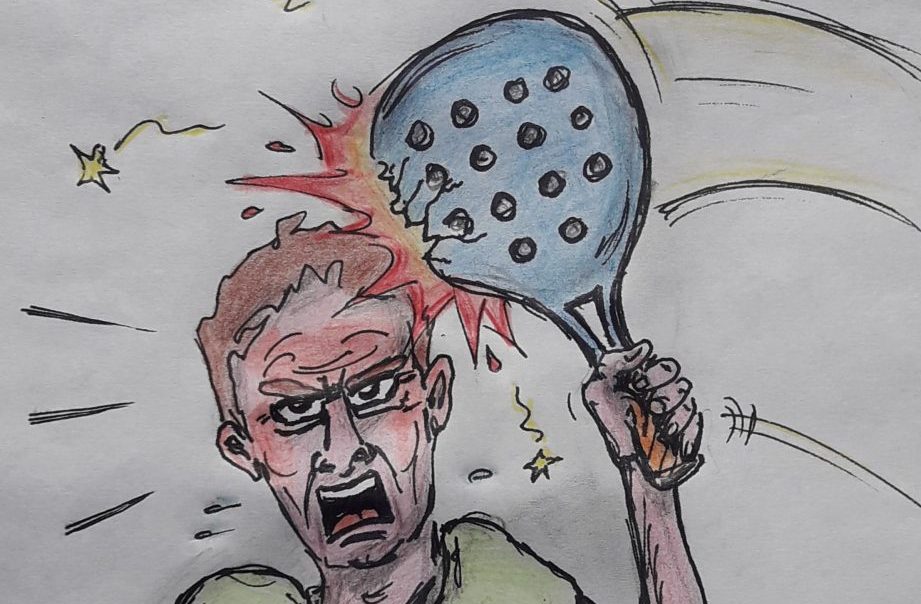 Don't play with a cracked or broken racket, your body will thank you!
Don't play with a cracked or broken racket, your body will thank you! Michel Cymes: “The padel, physically, it’s serious!”
Michel Cymes: “The padel, physically, it’s serious!”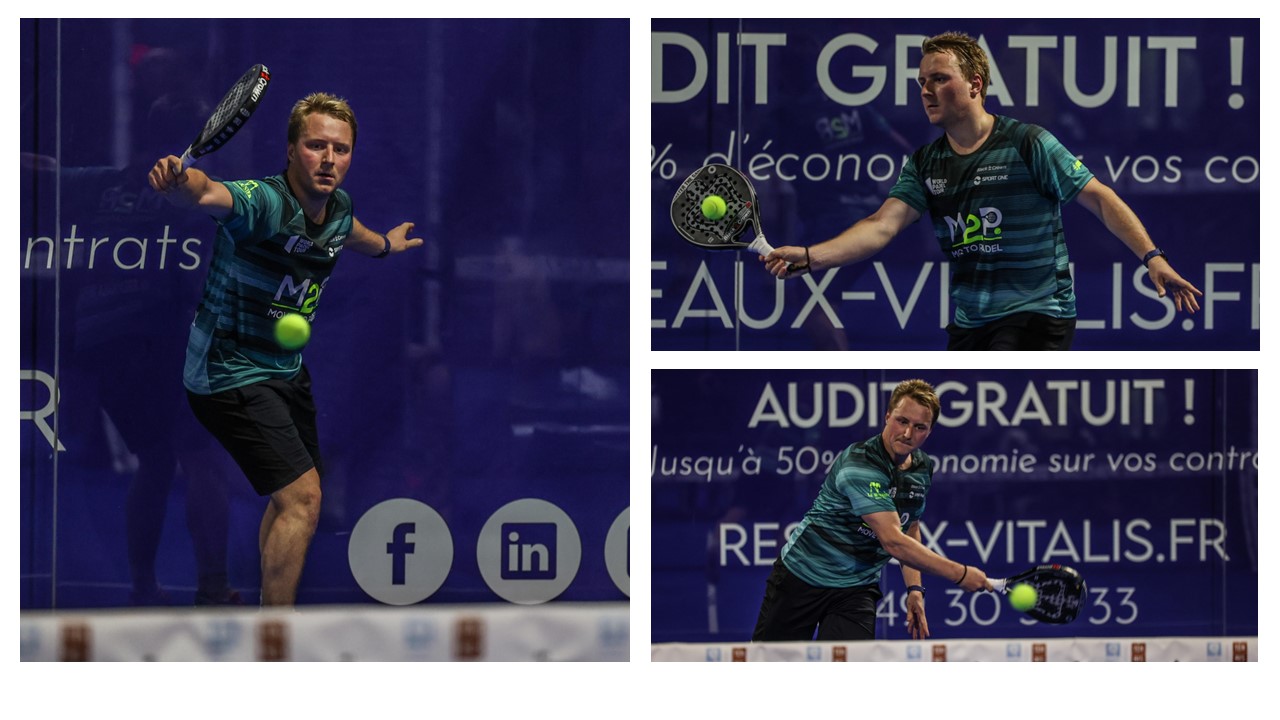 Jeremy Gala: “Promote the padel among young people in Belgium remains a challenge”
Jeremy Gala: “Promote the padel among young people in Belgium remains a challenge” The French Touch Academy organizes its selection day Padel-Study
The French Touch Academy organizes its selection day Padel-Study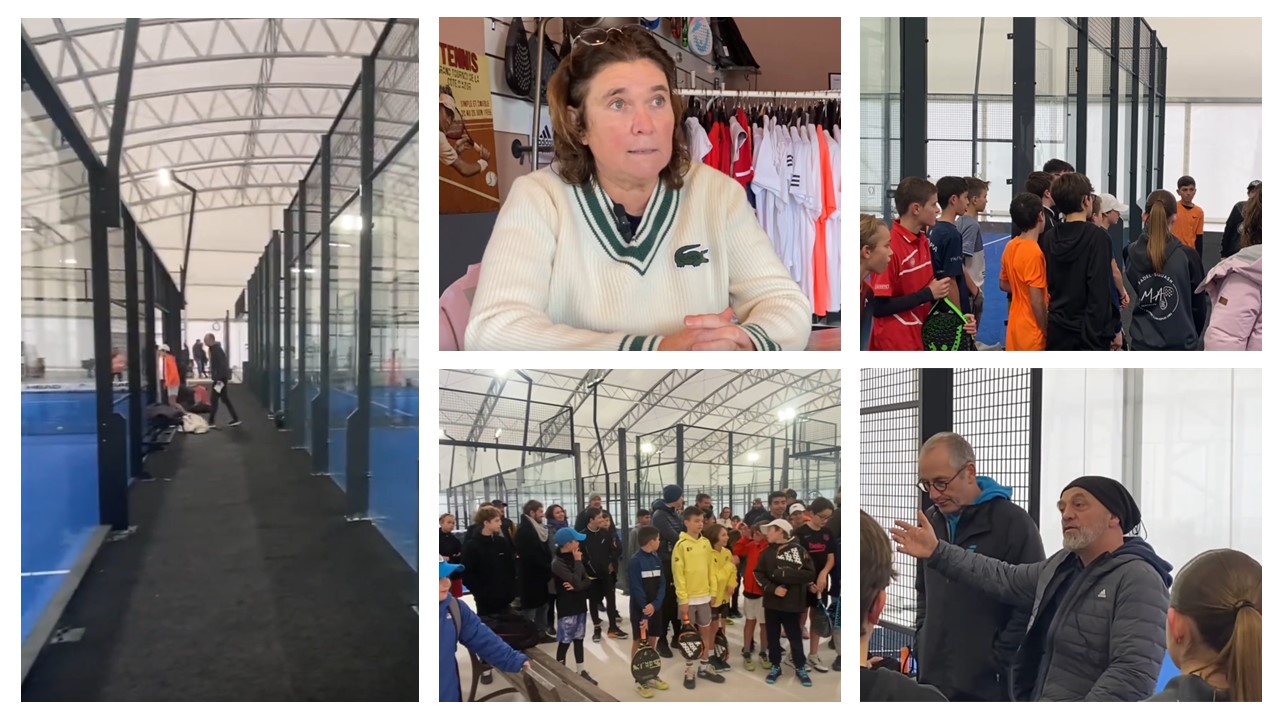 Report on the detection and training of younger generations
Report on the detection and training of younger generations